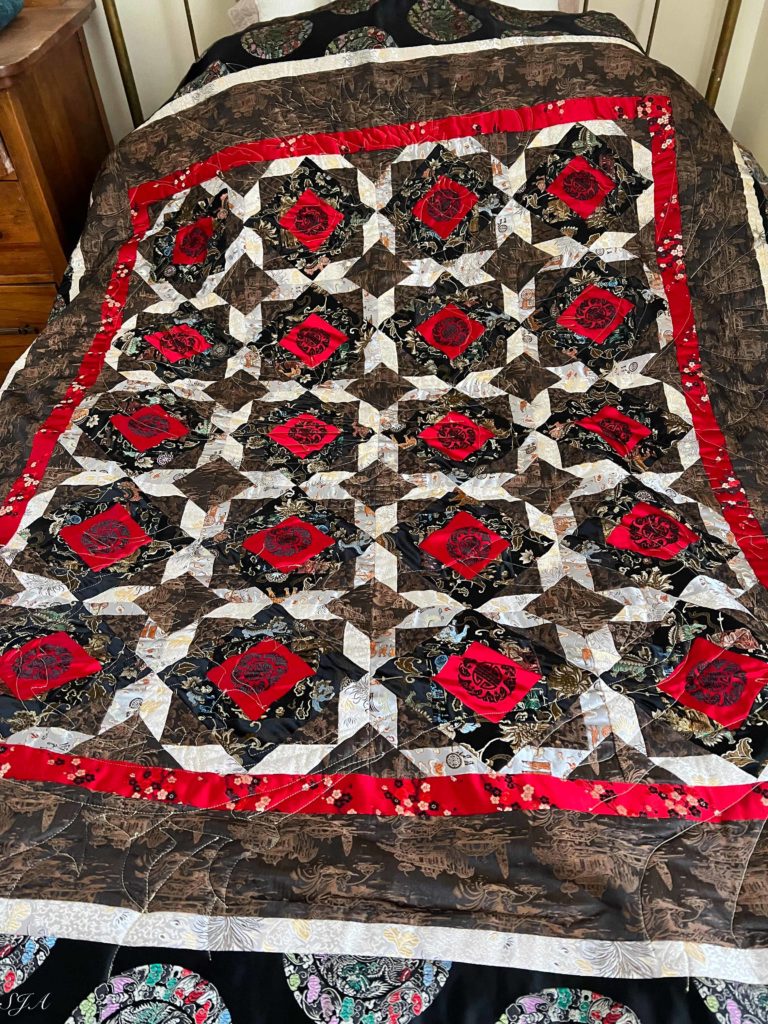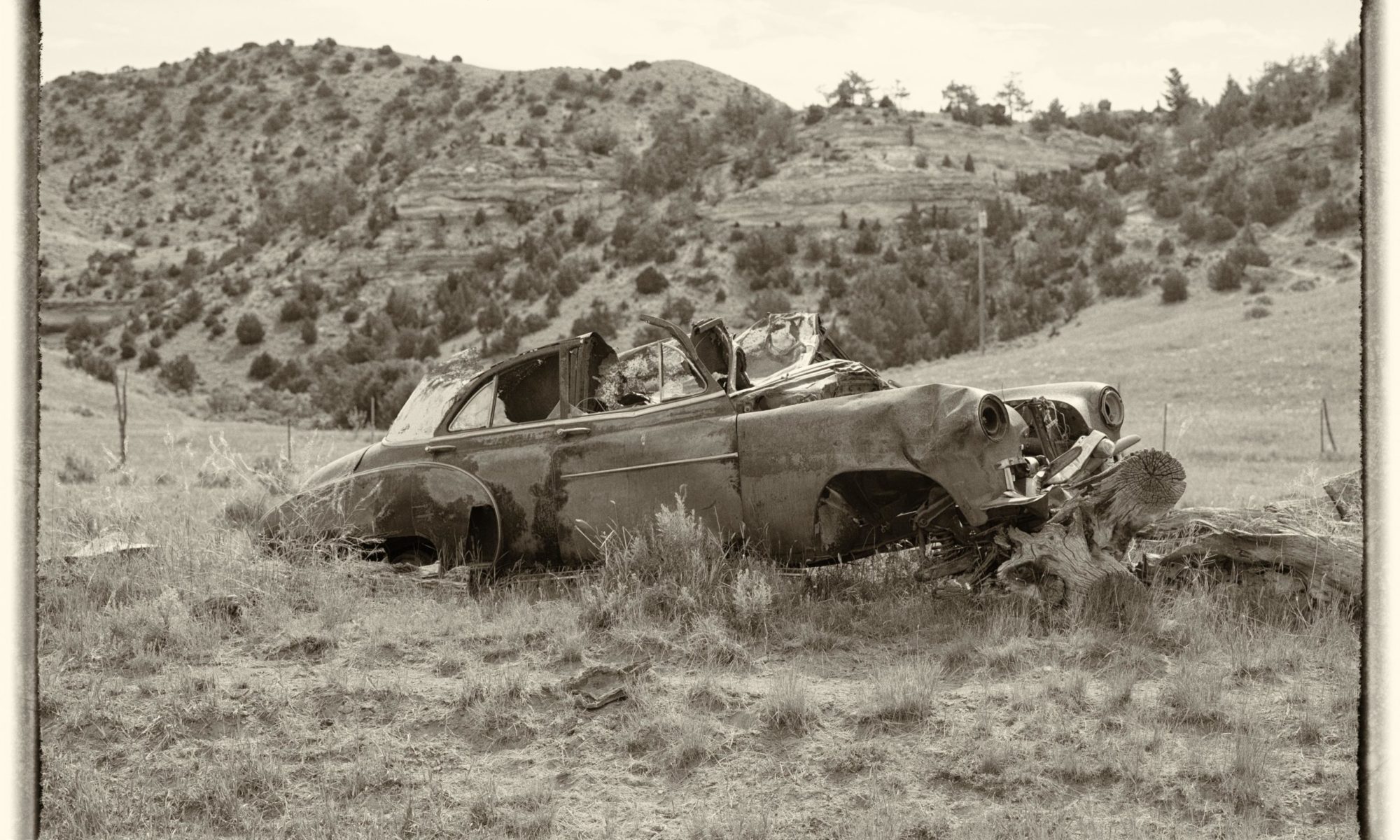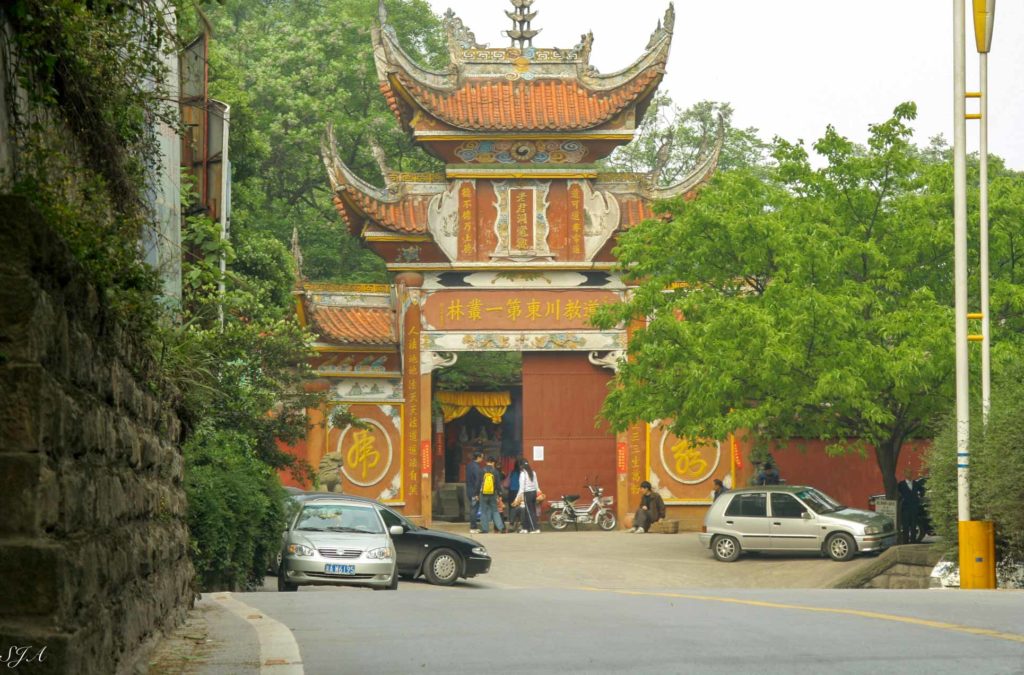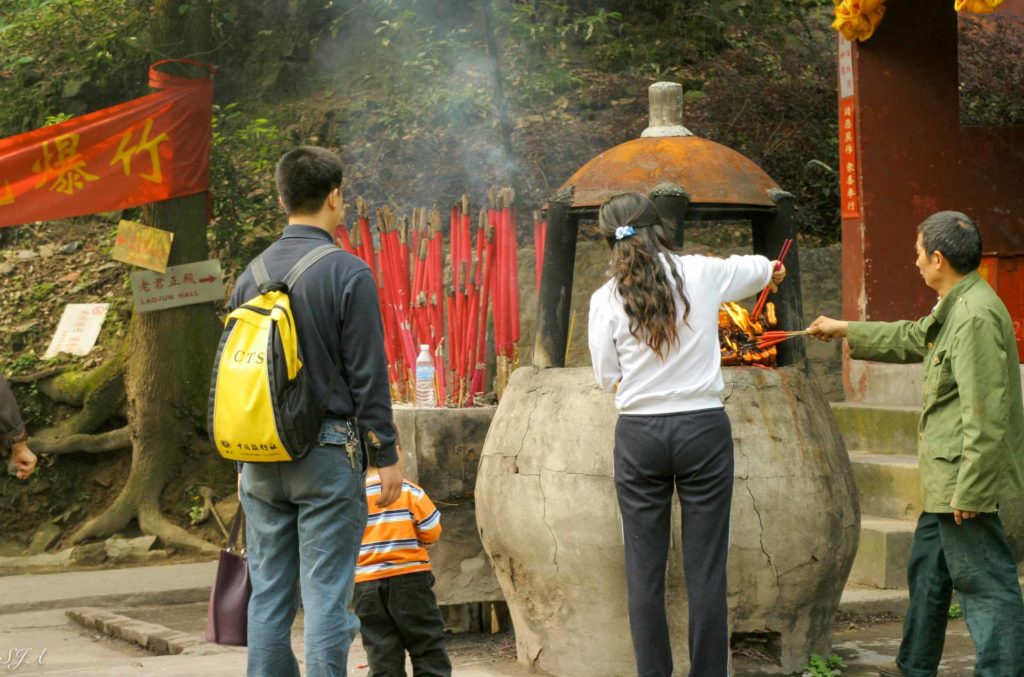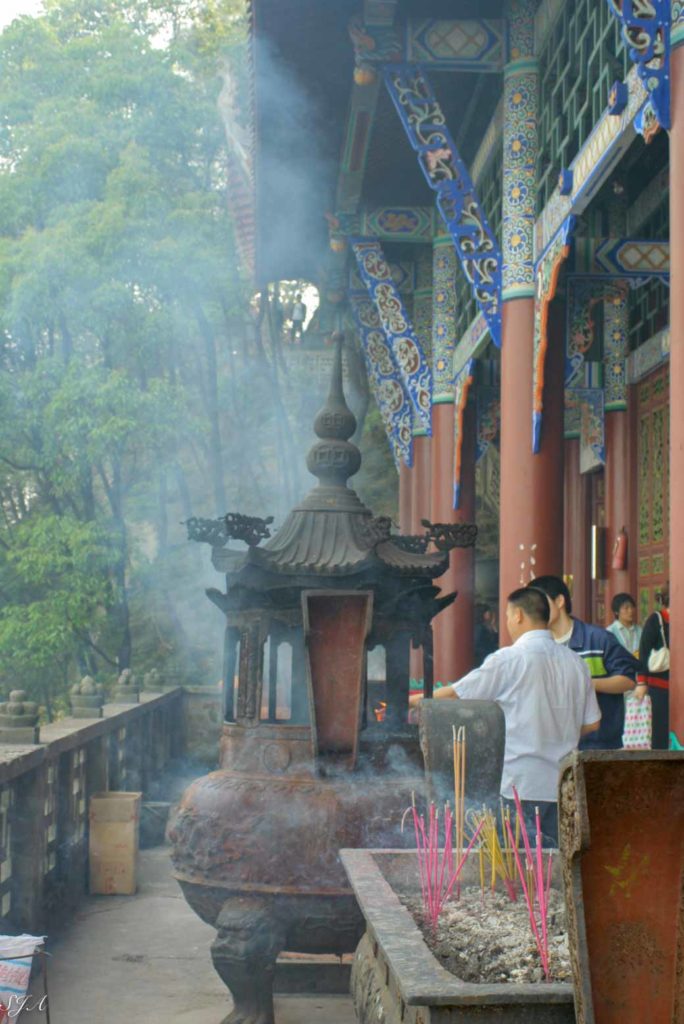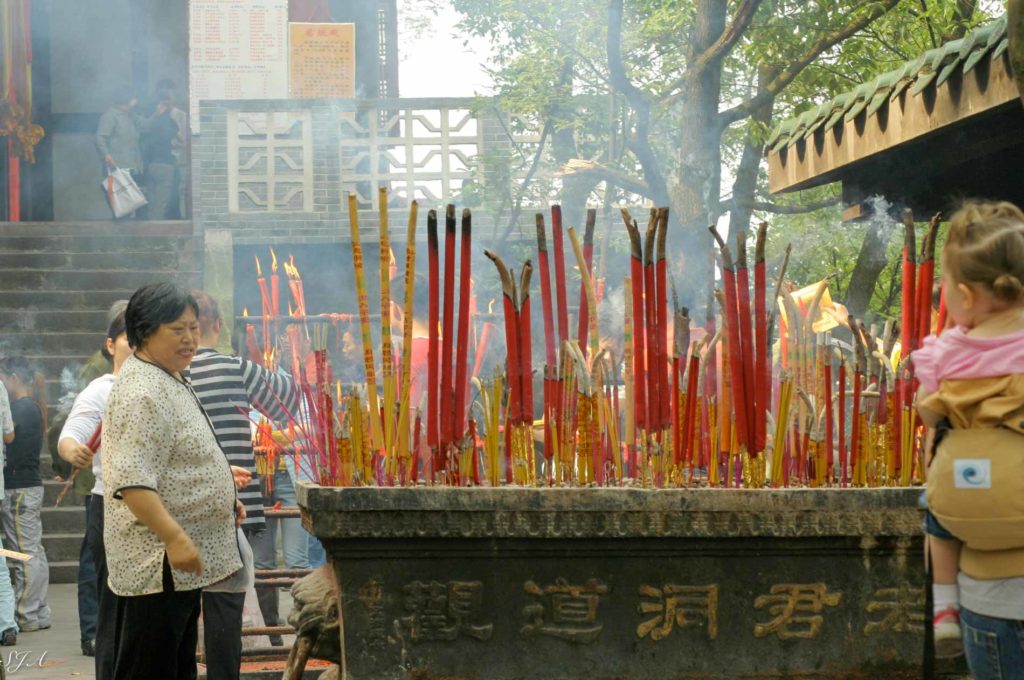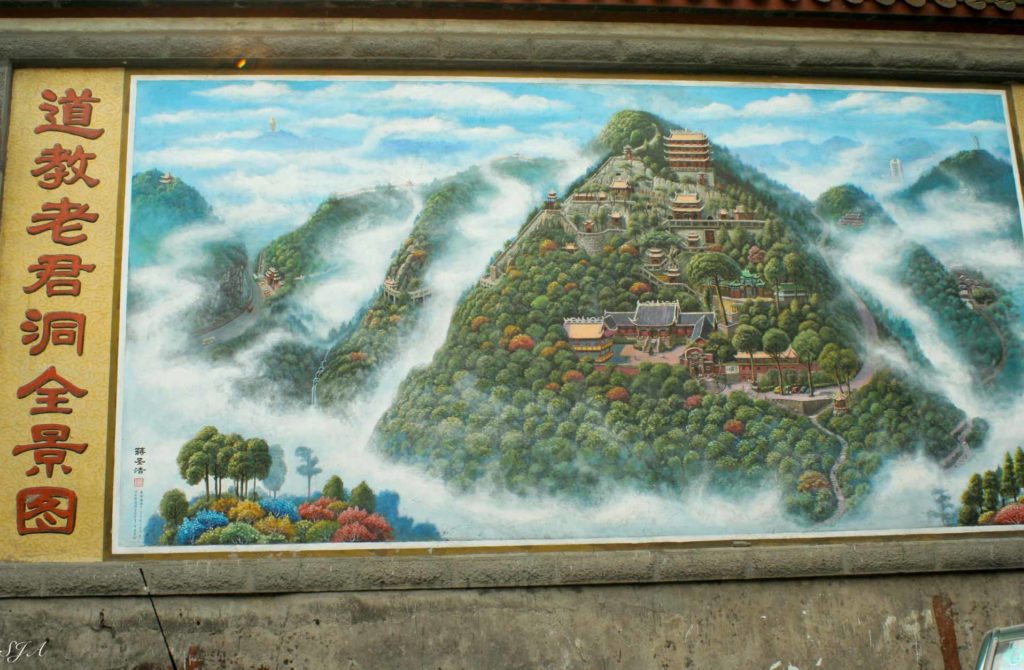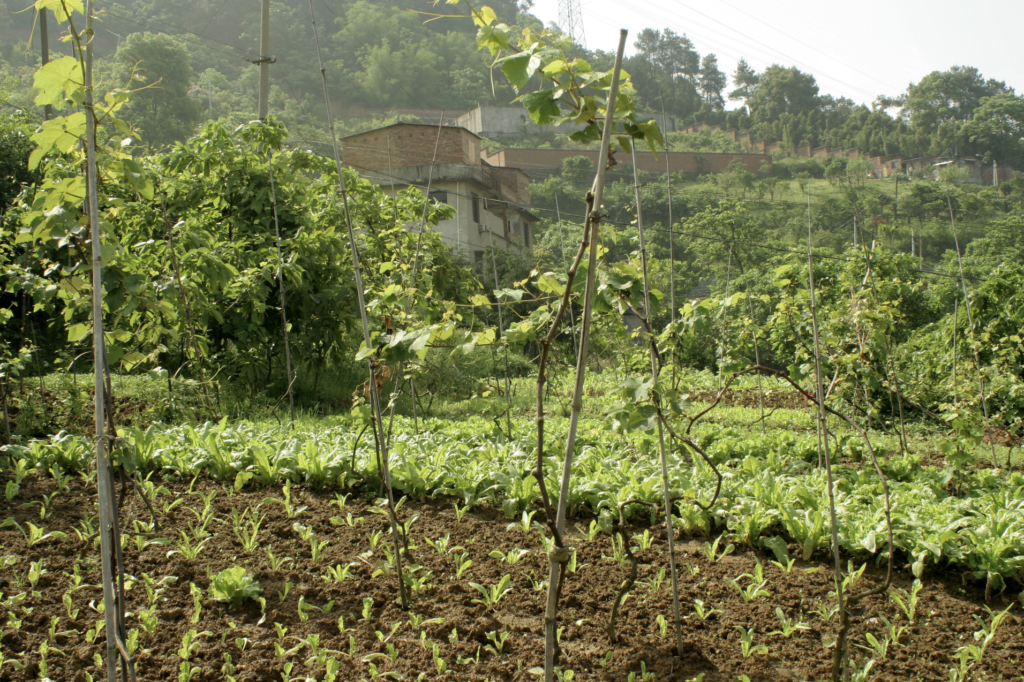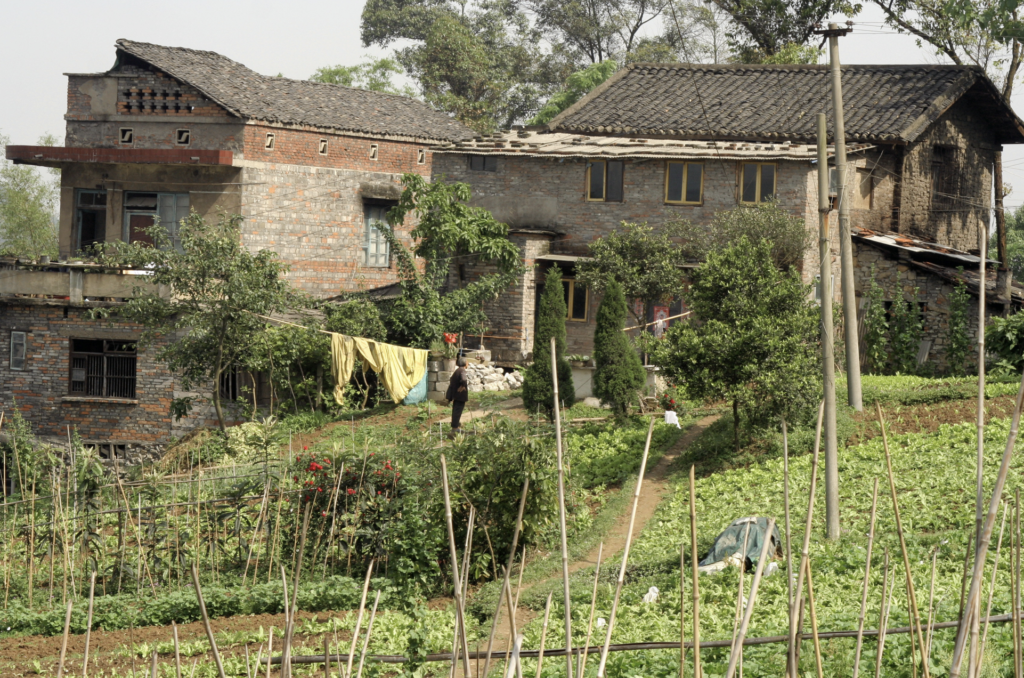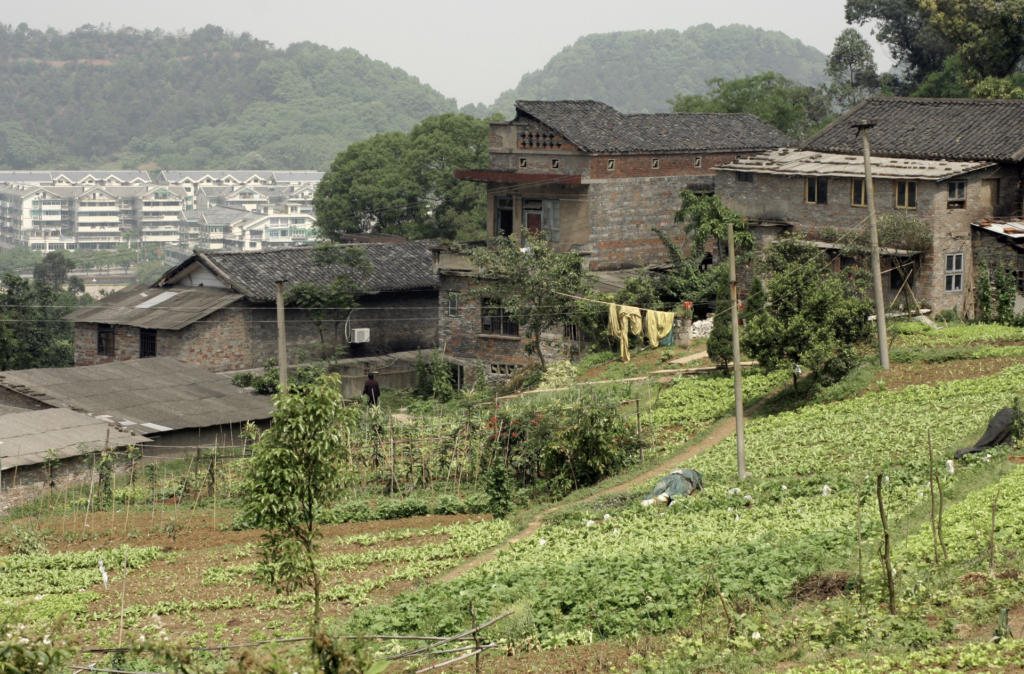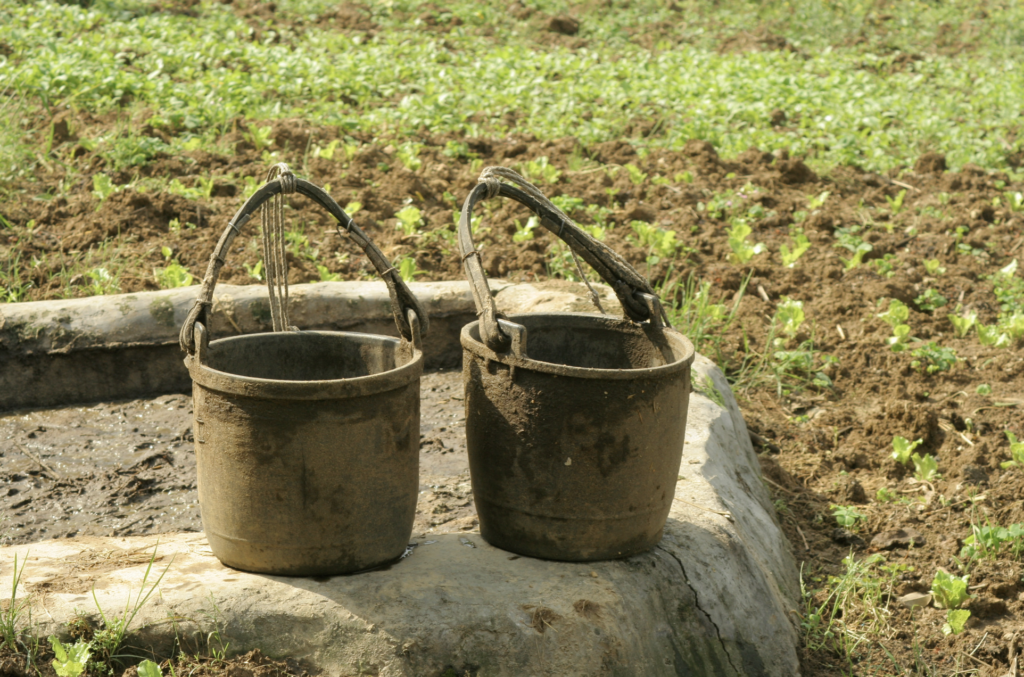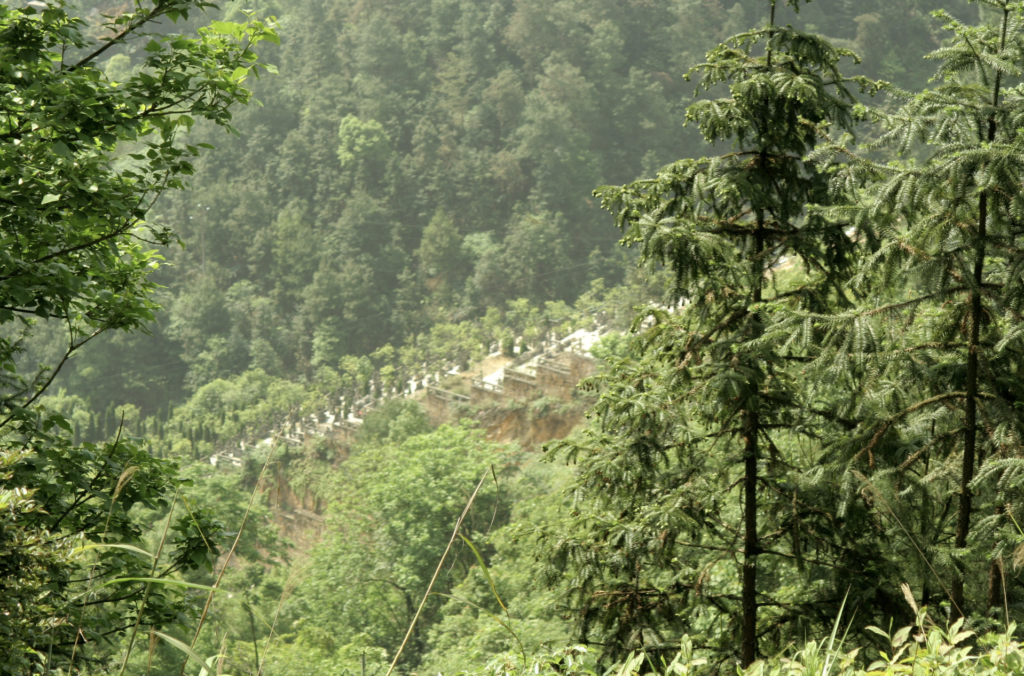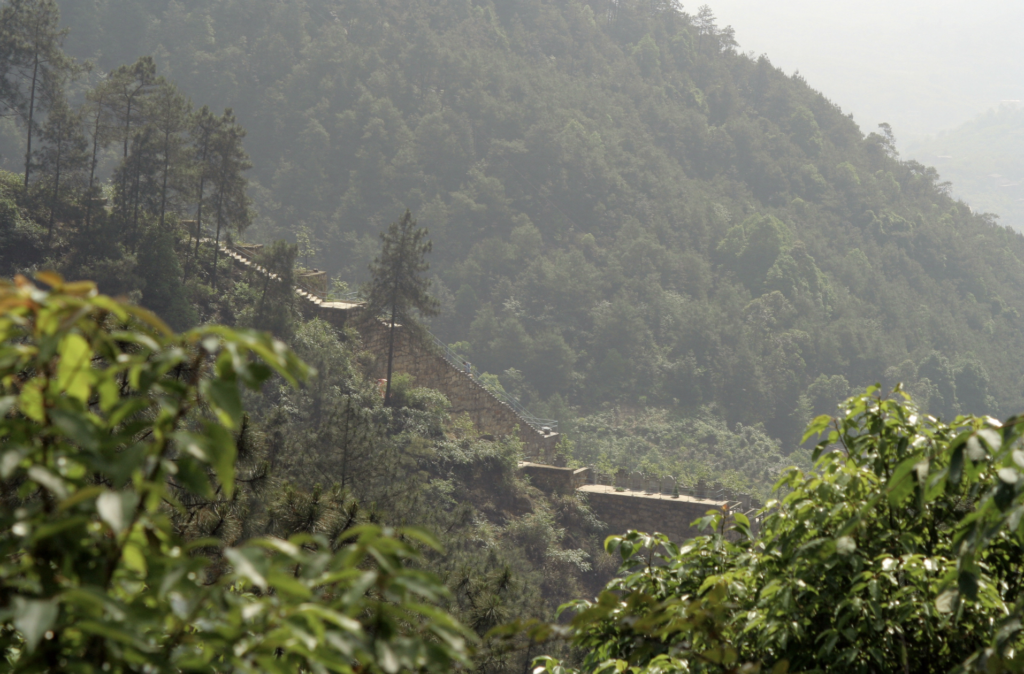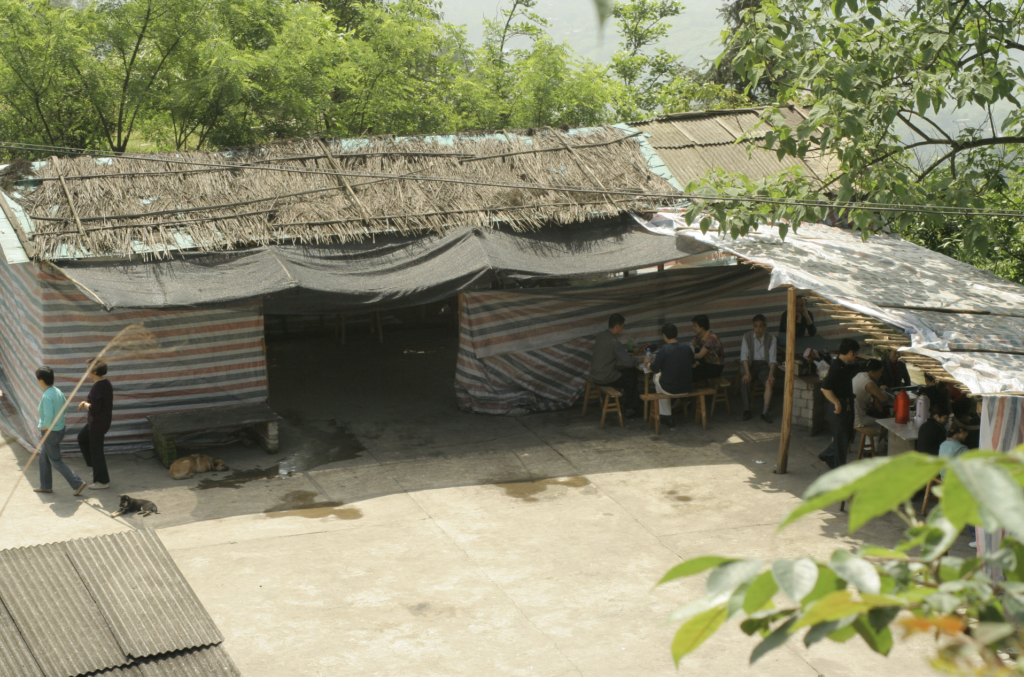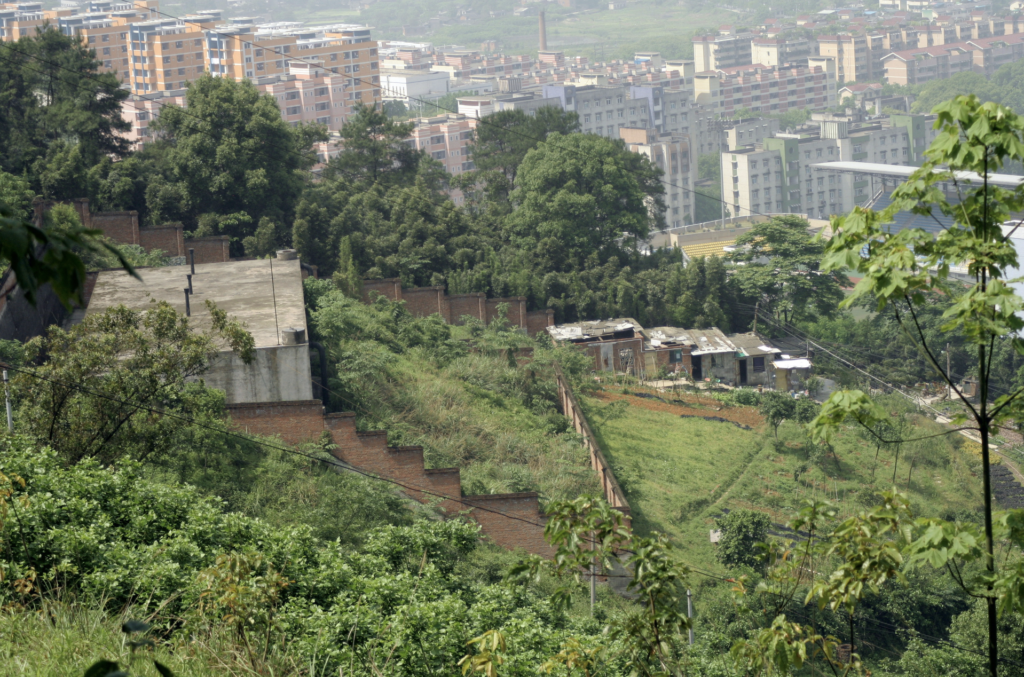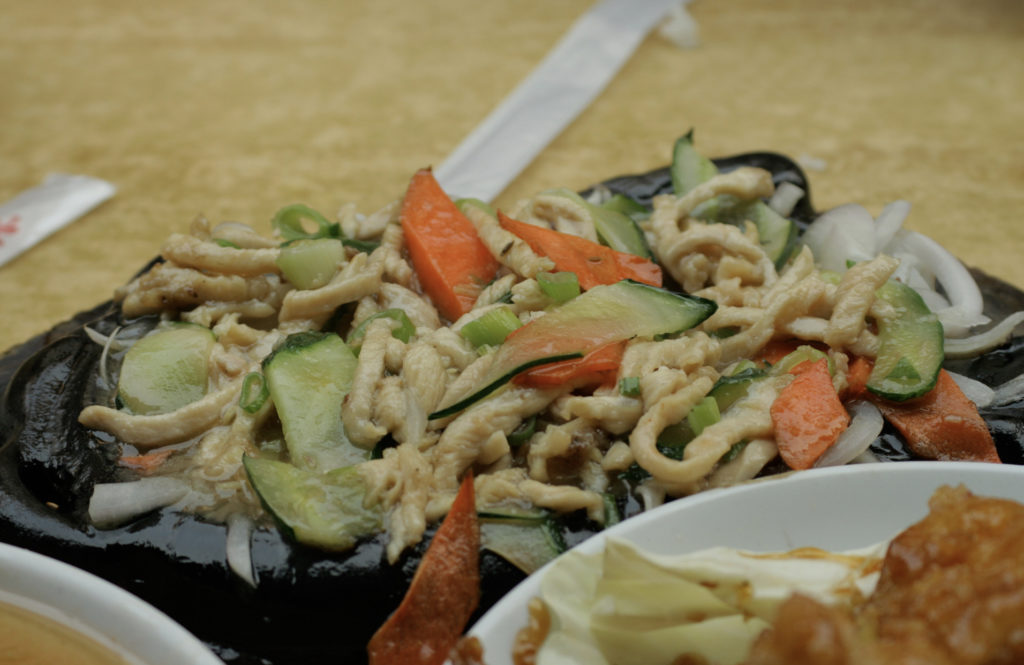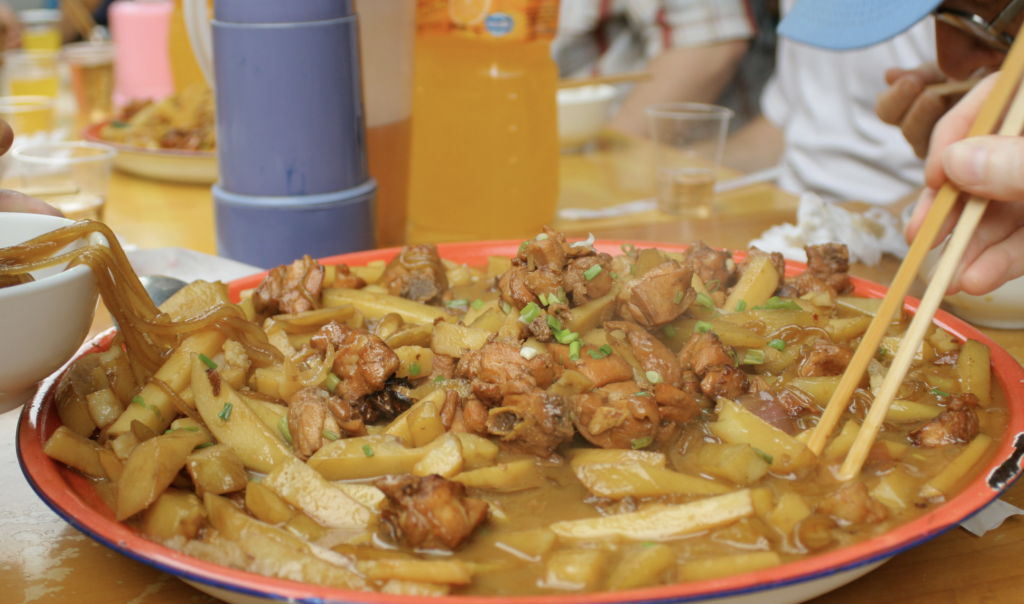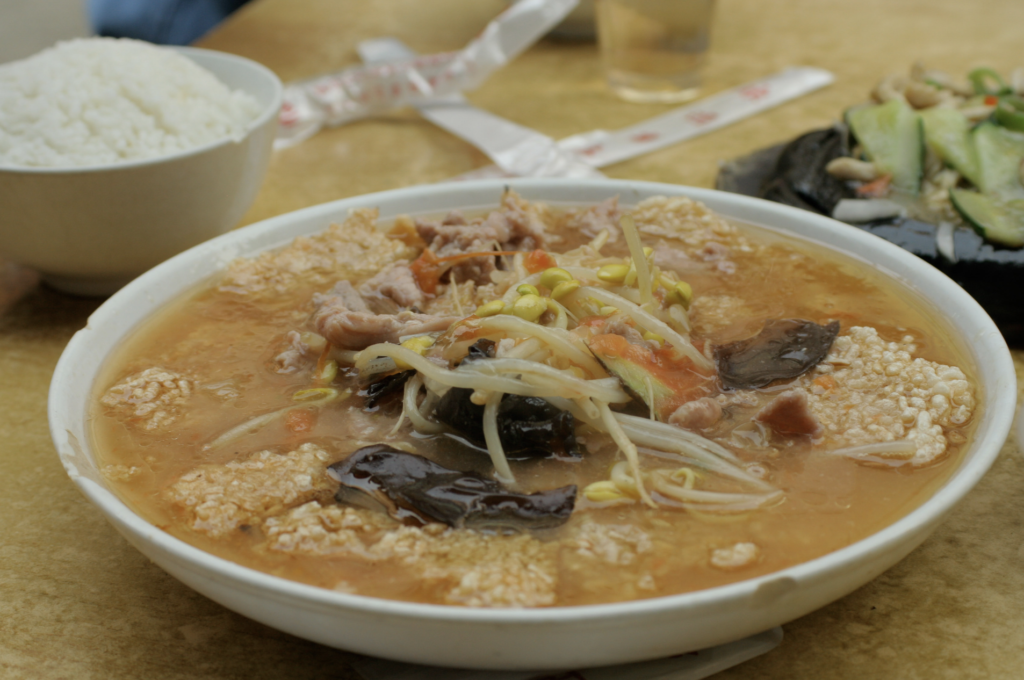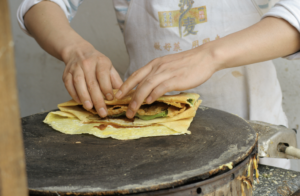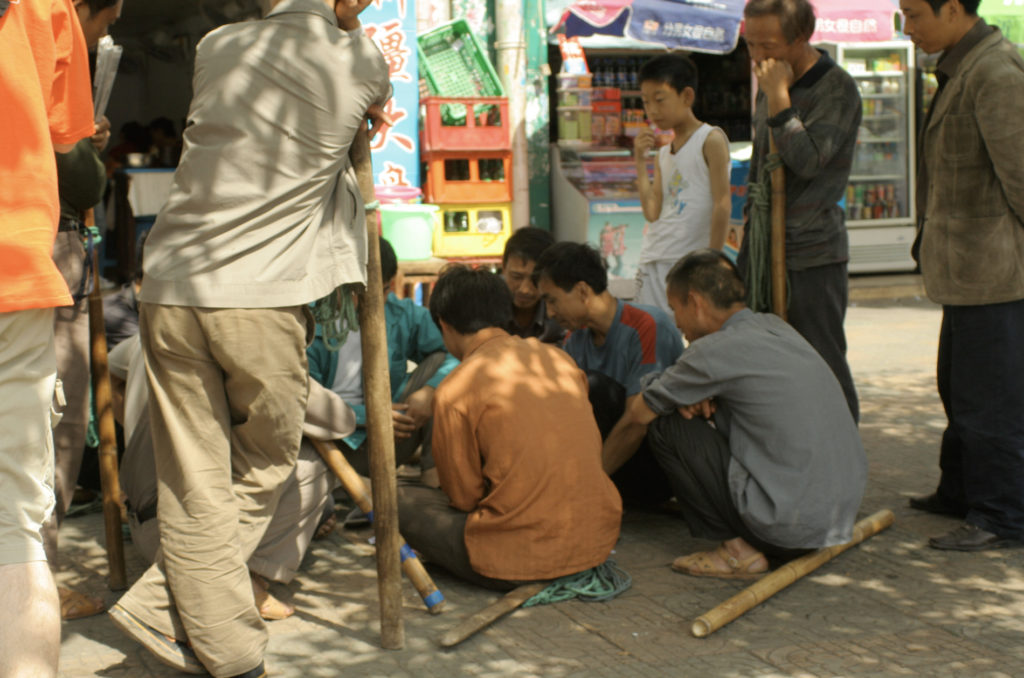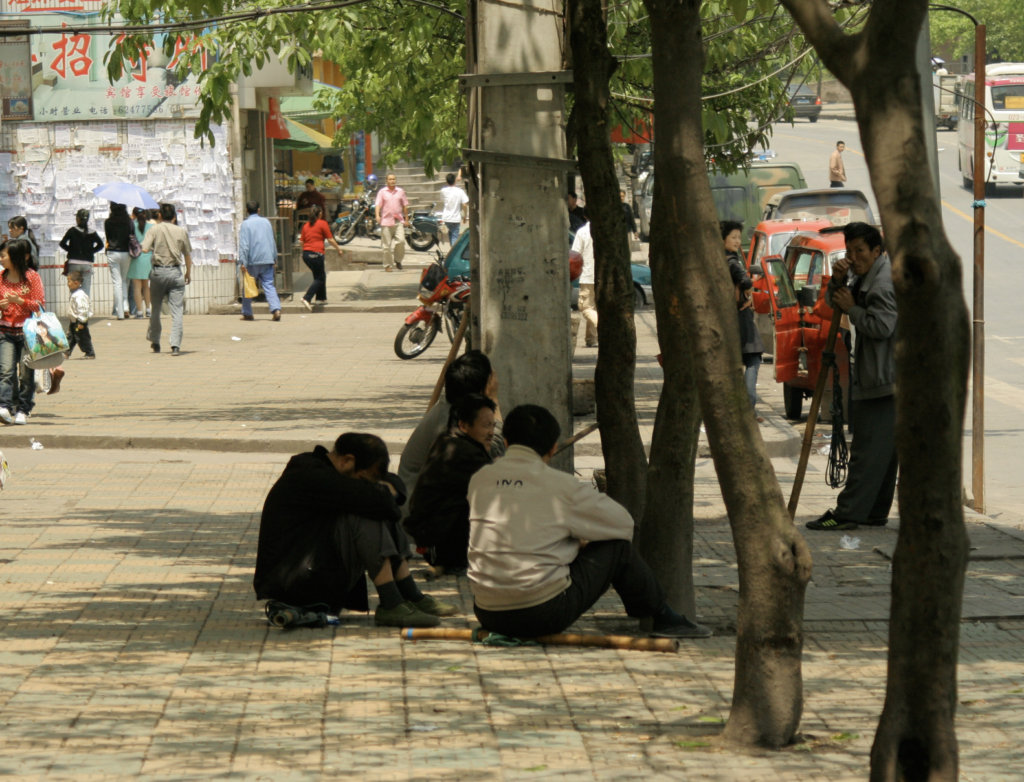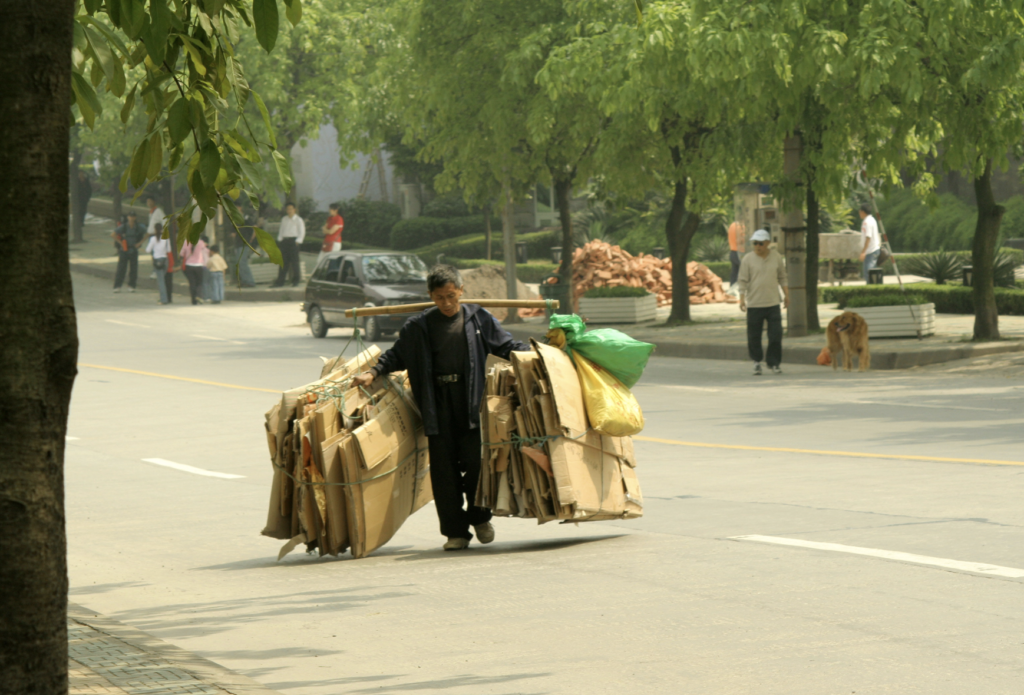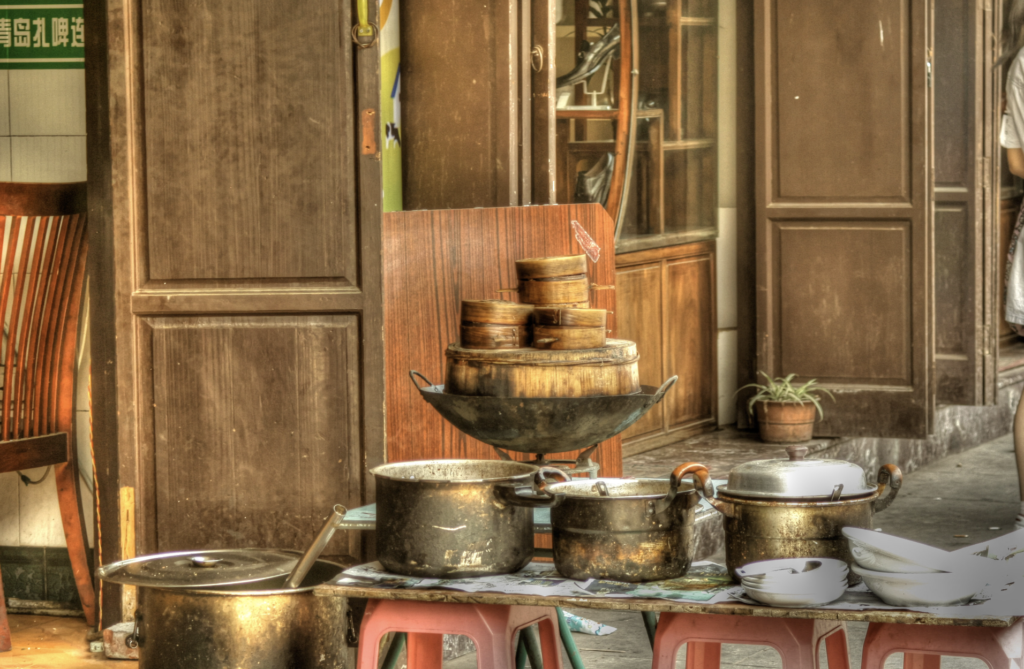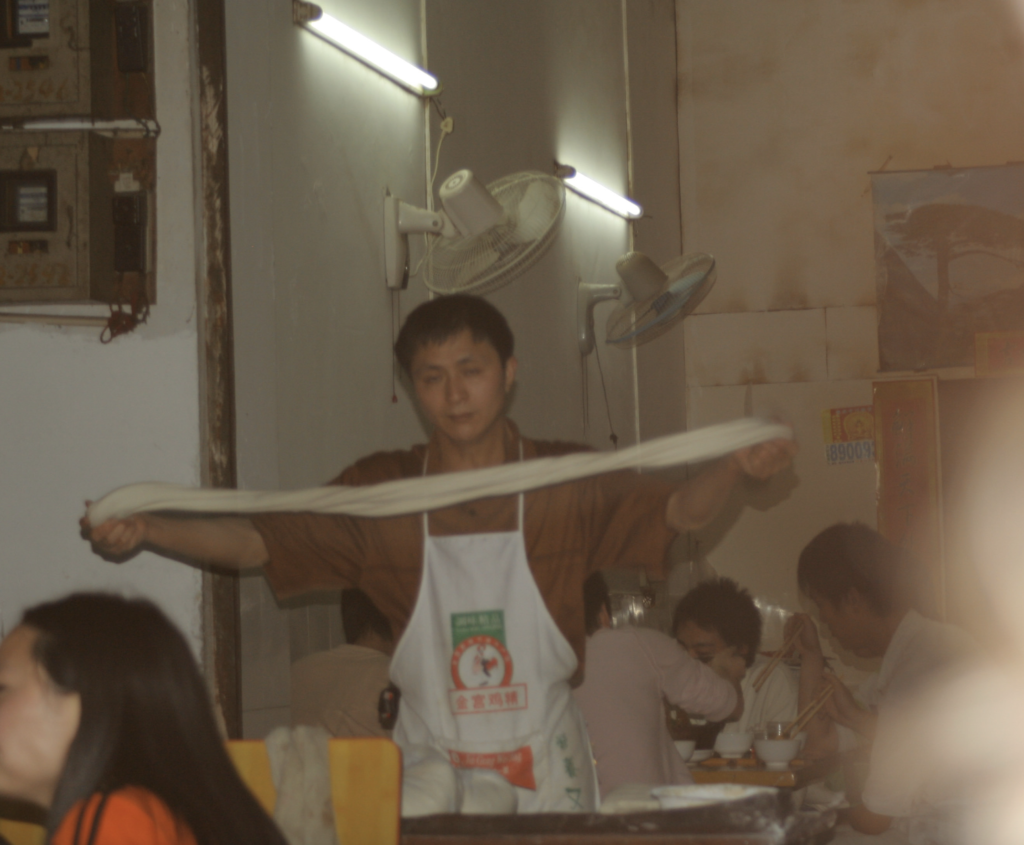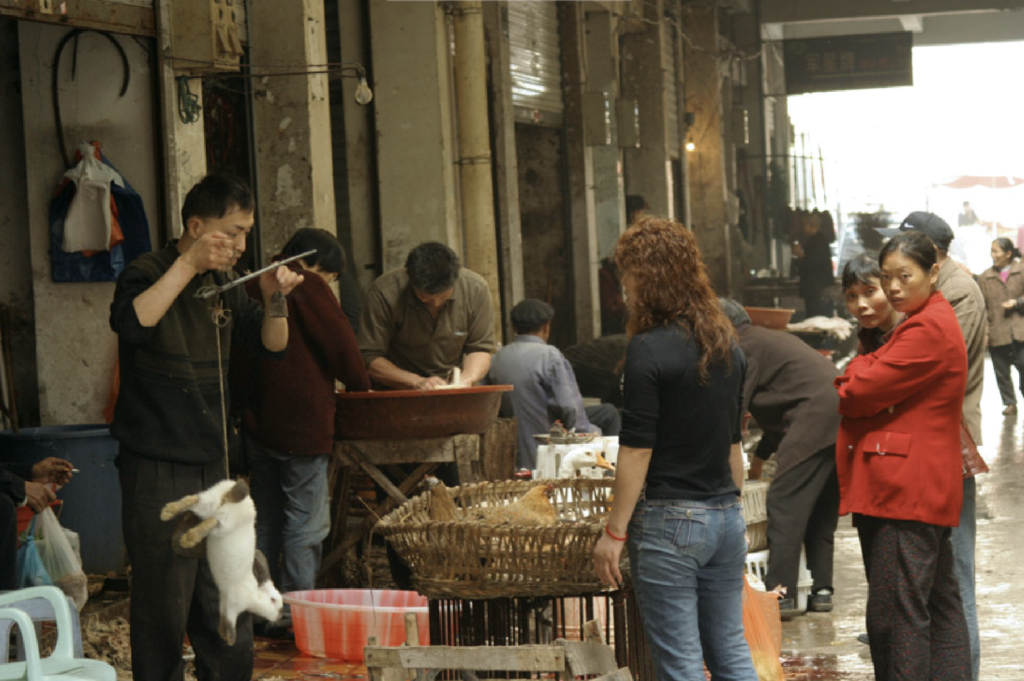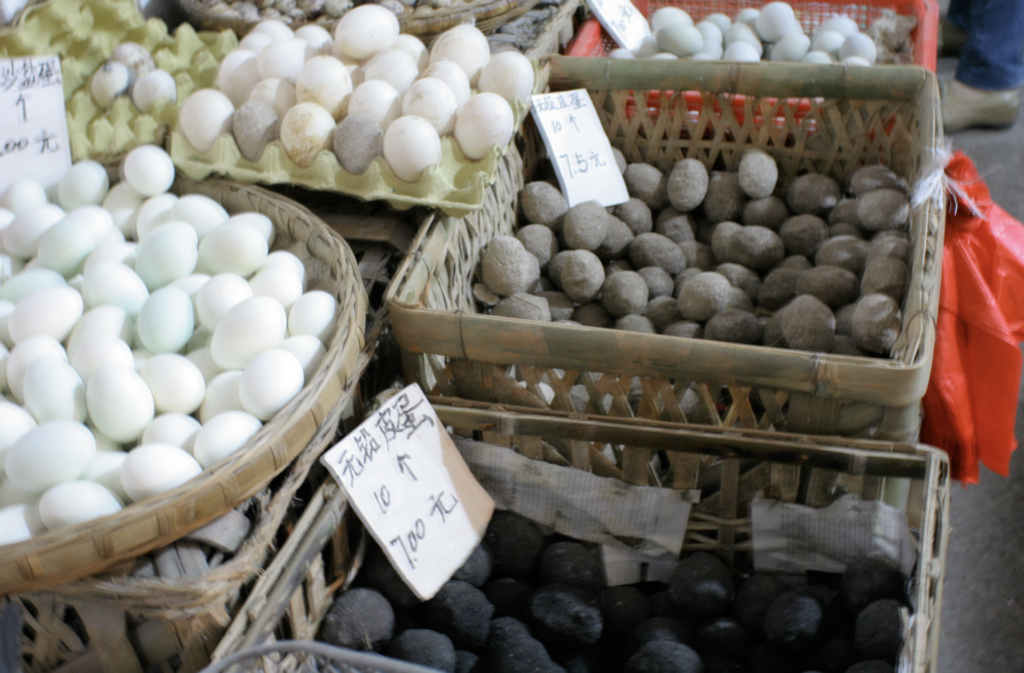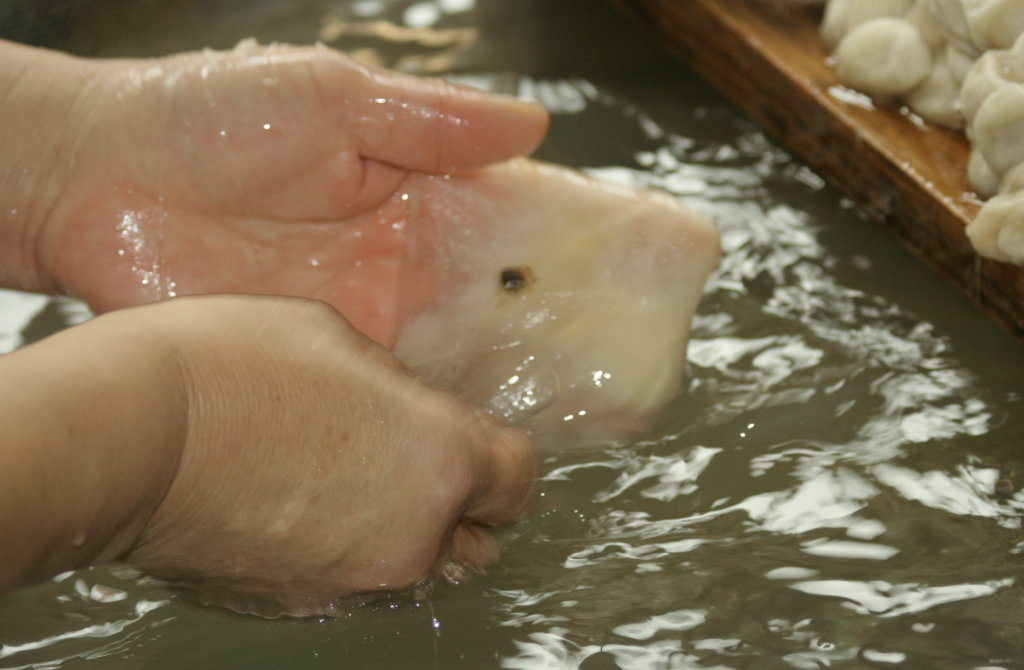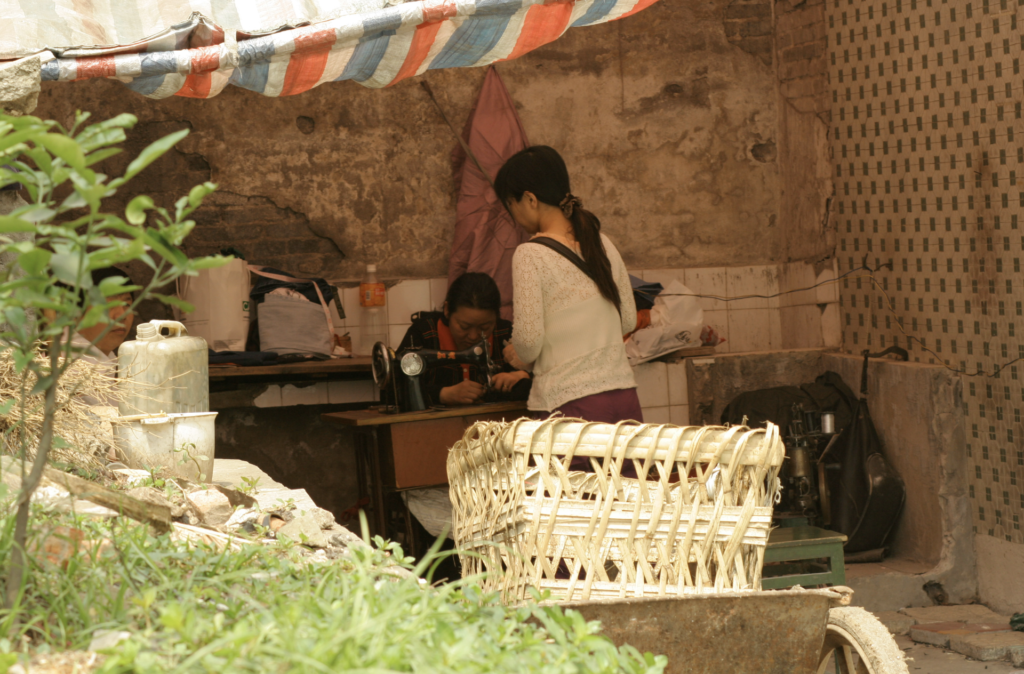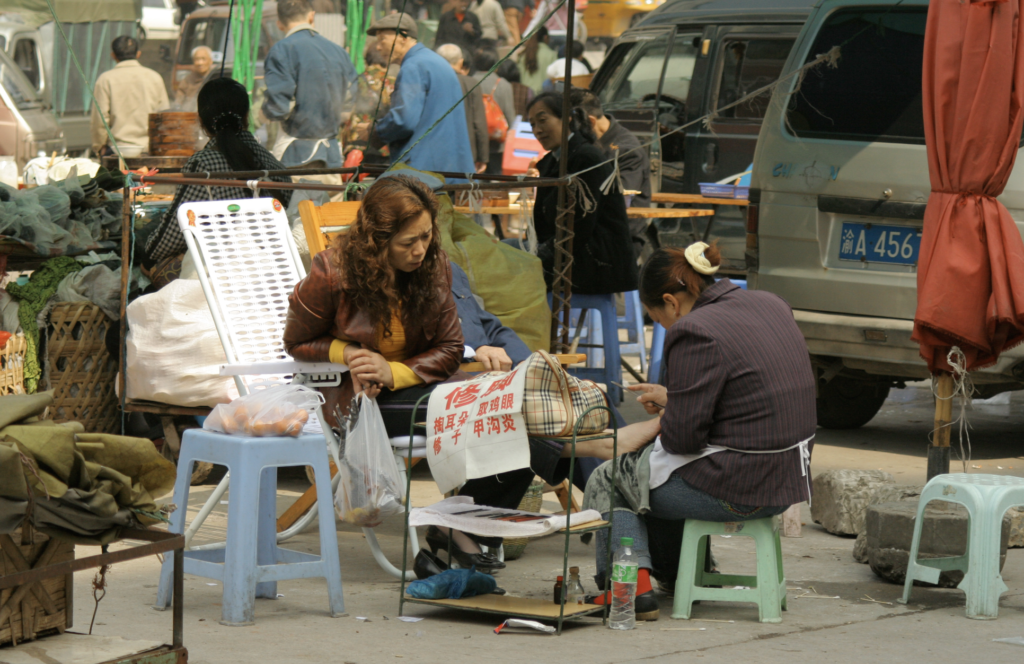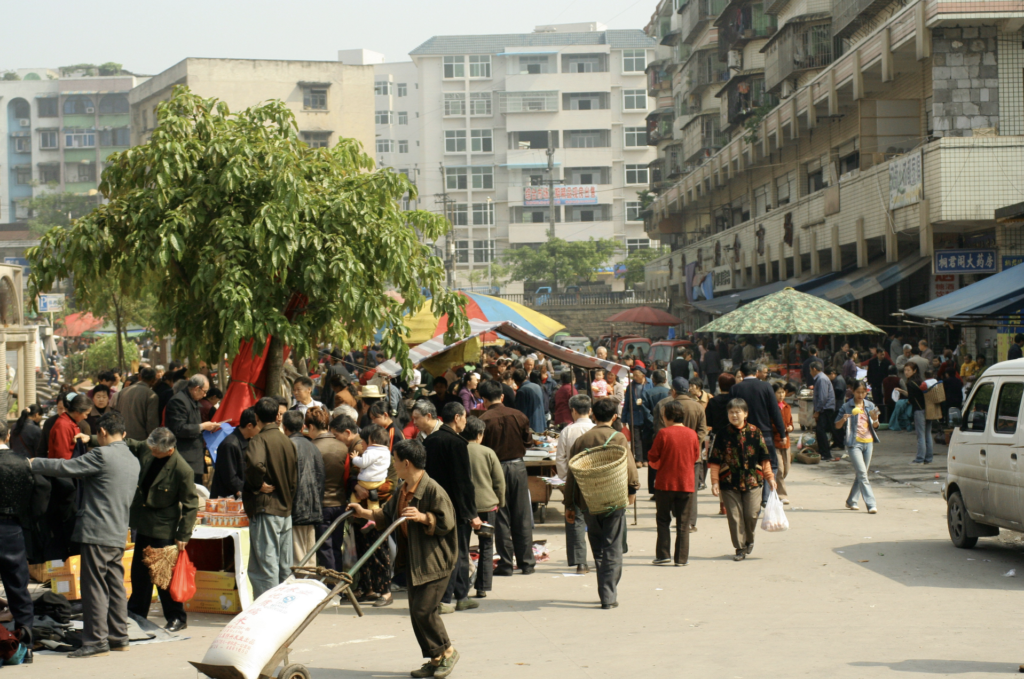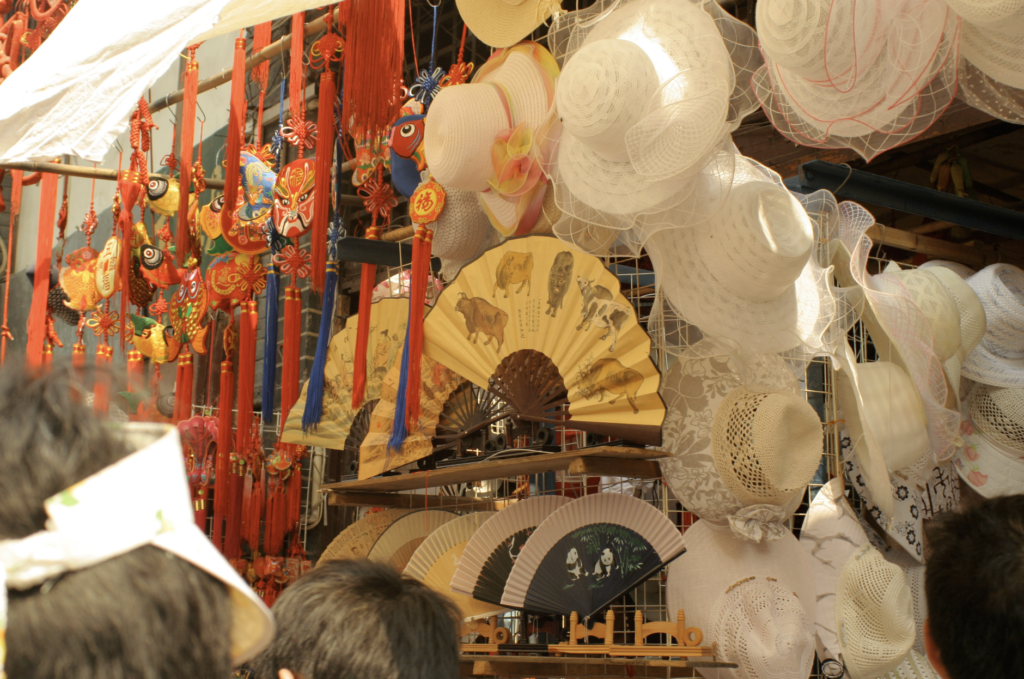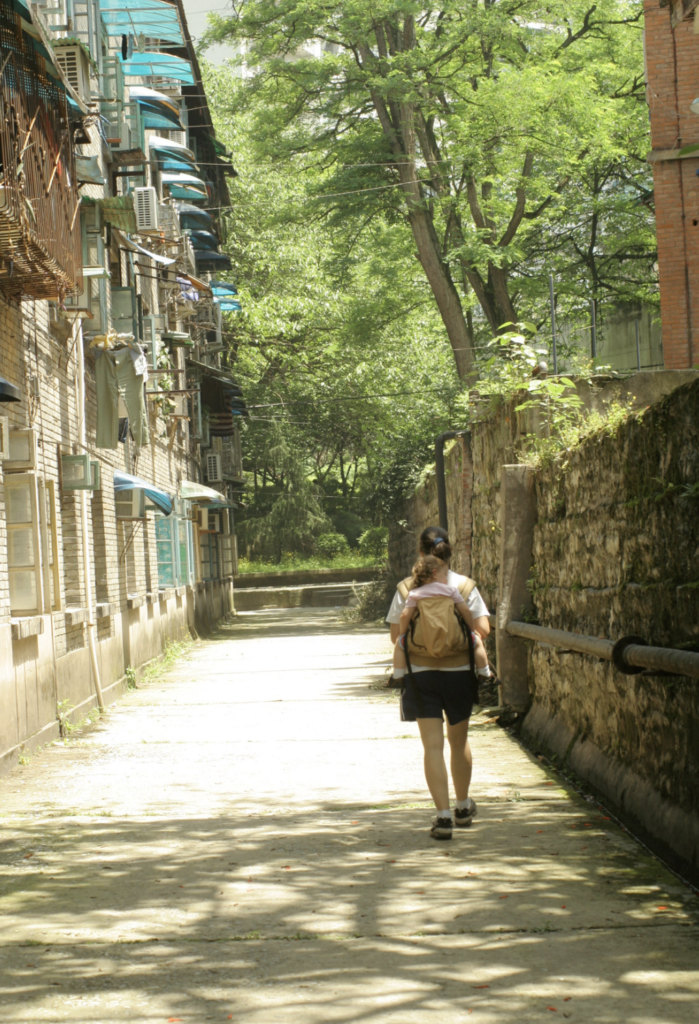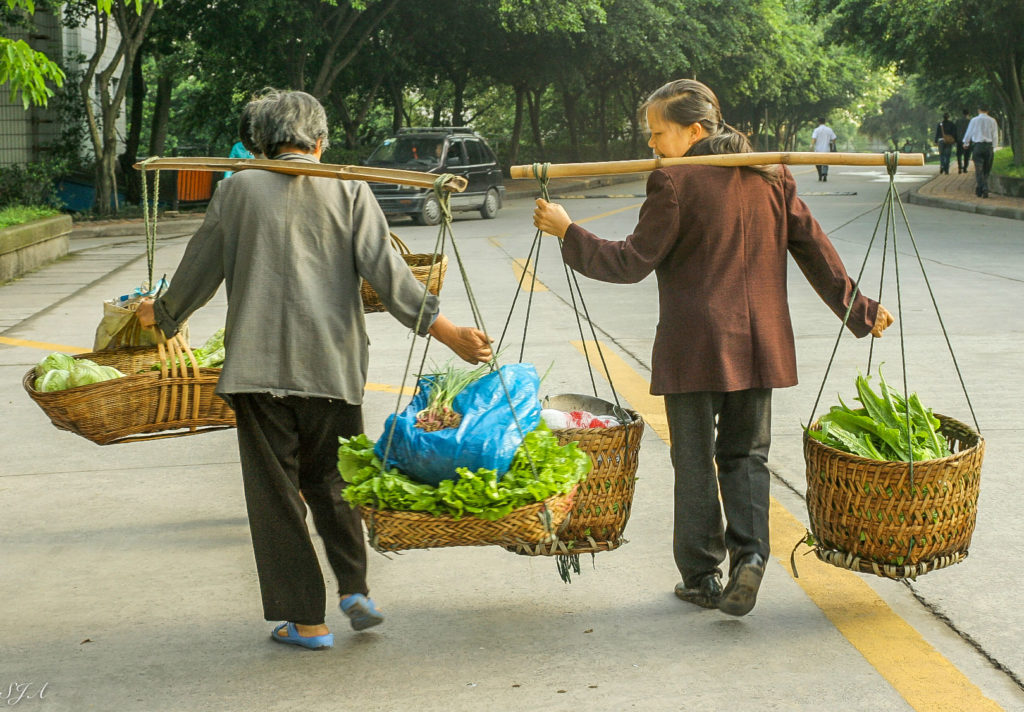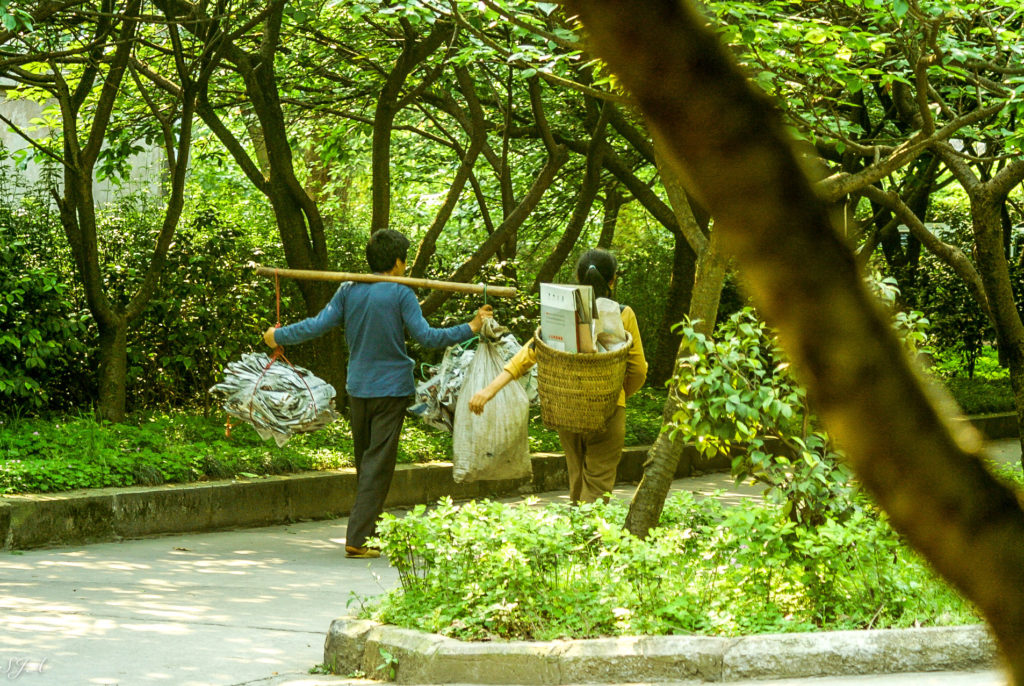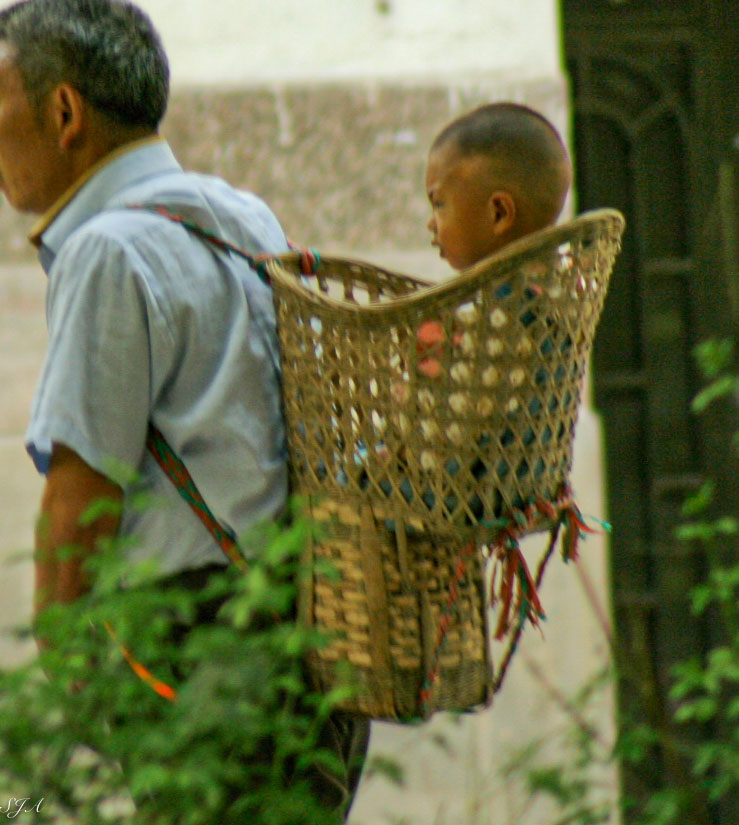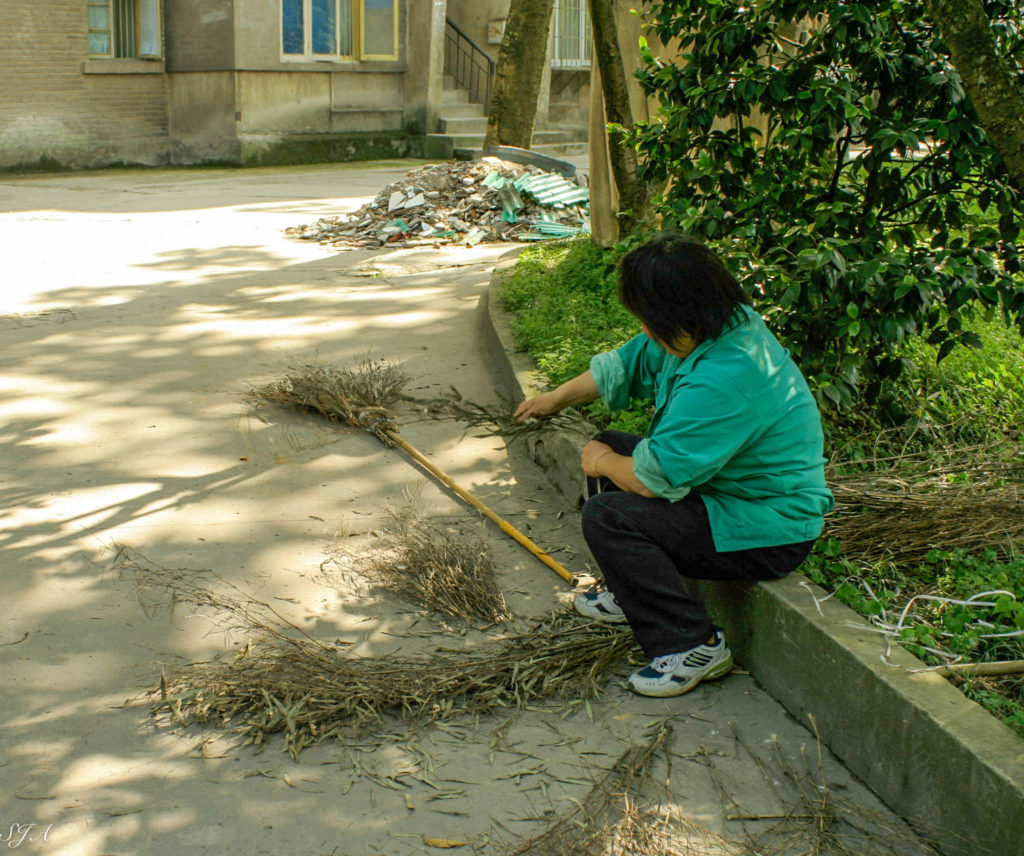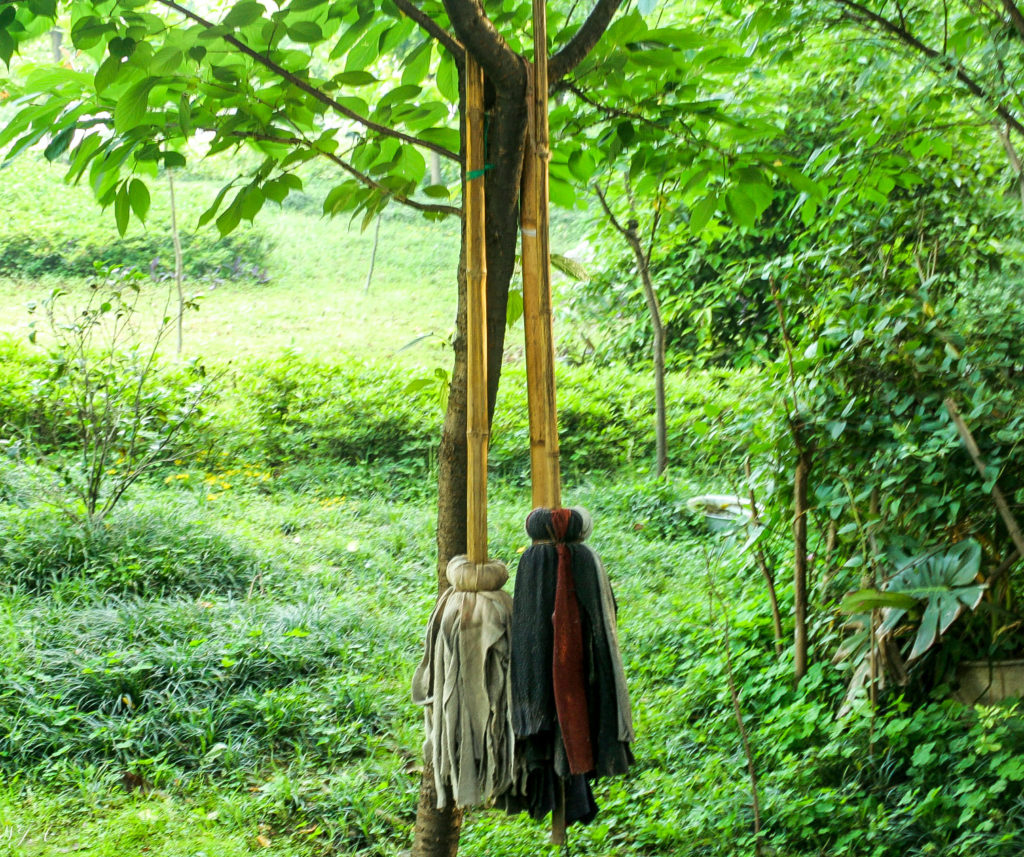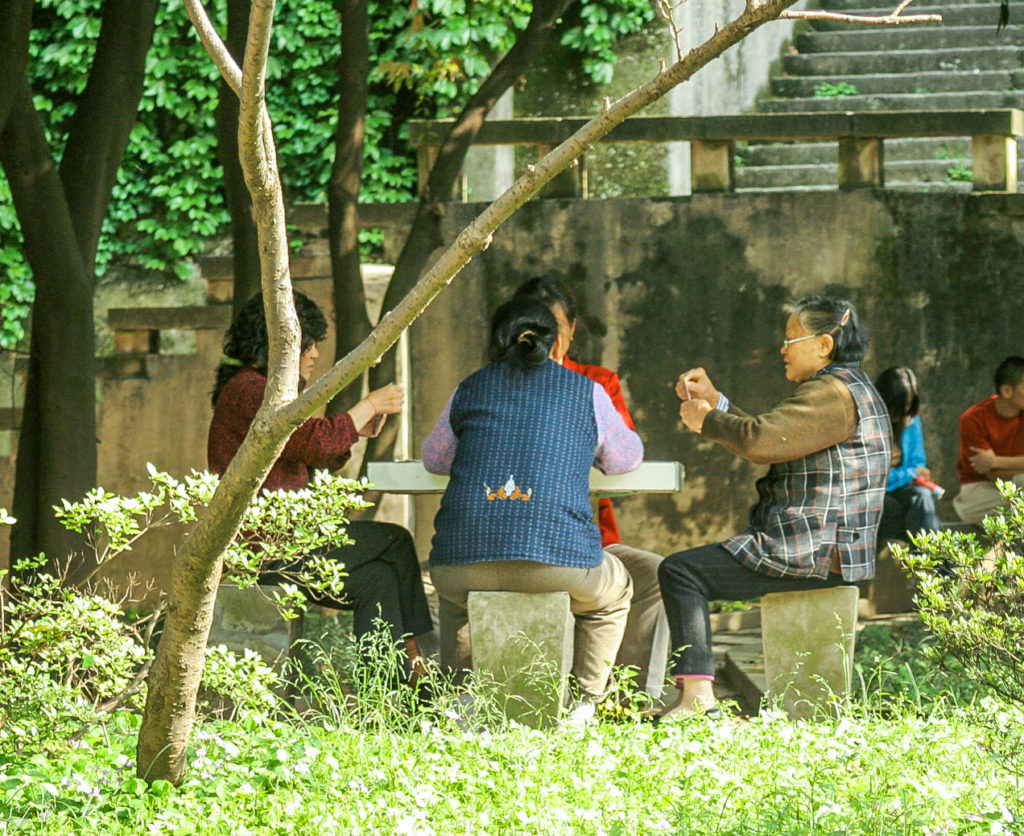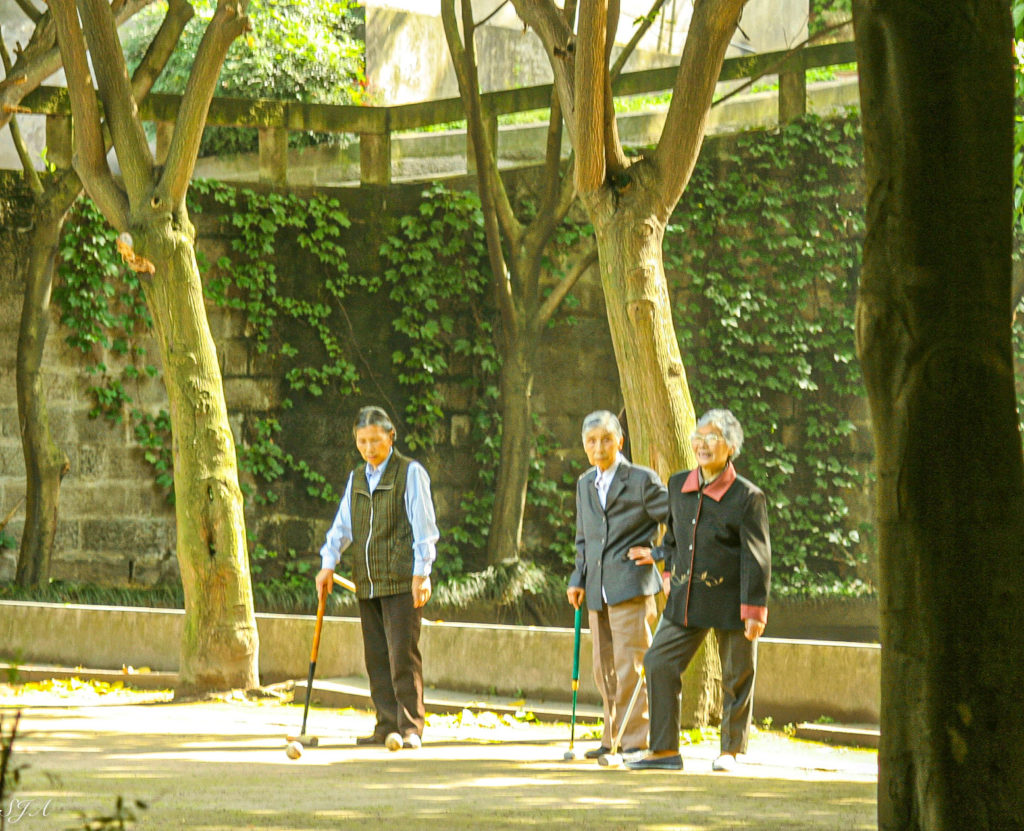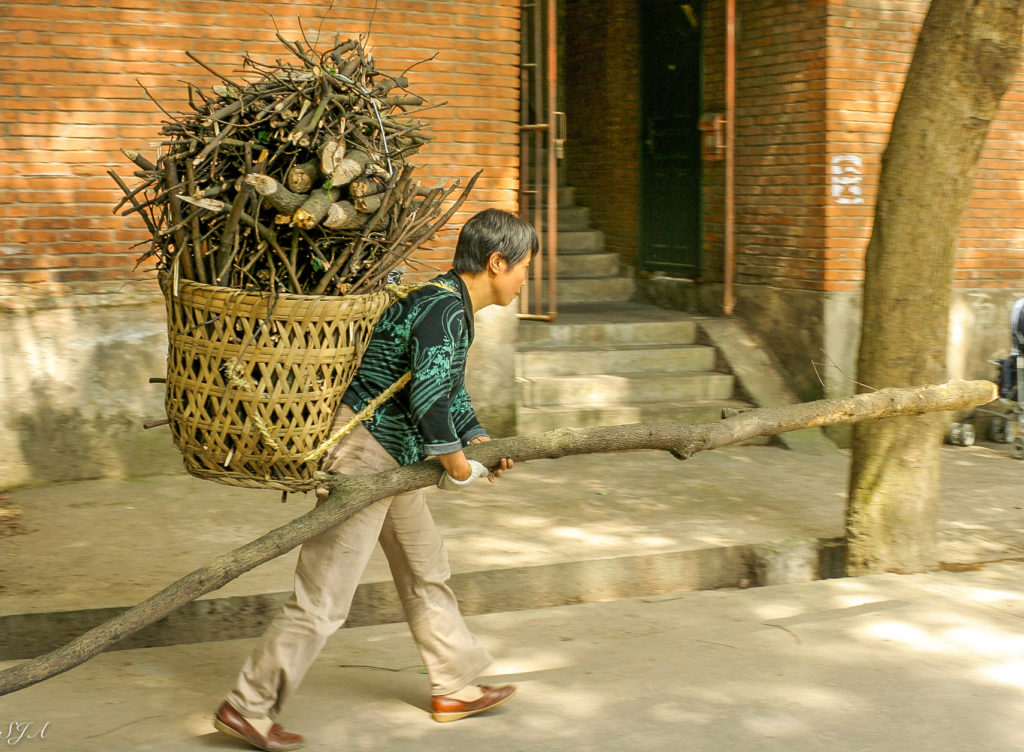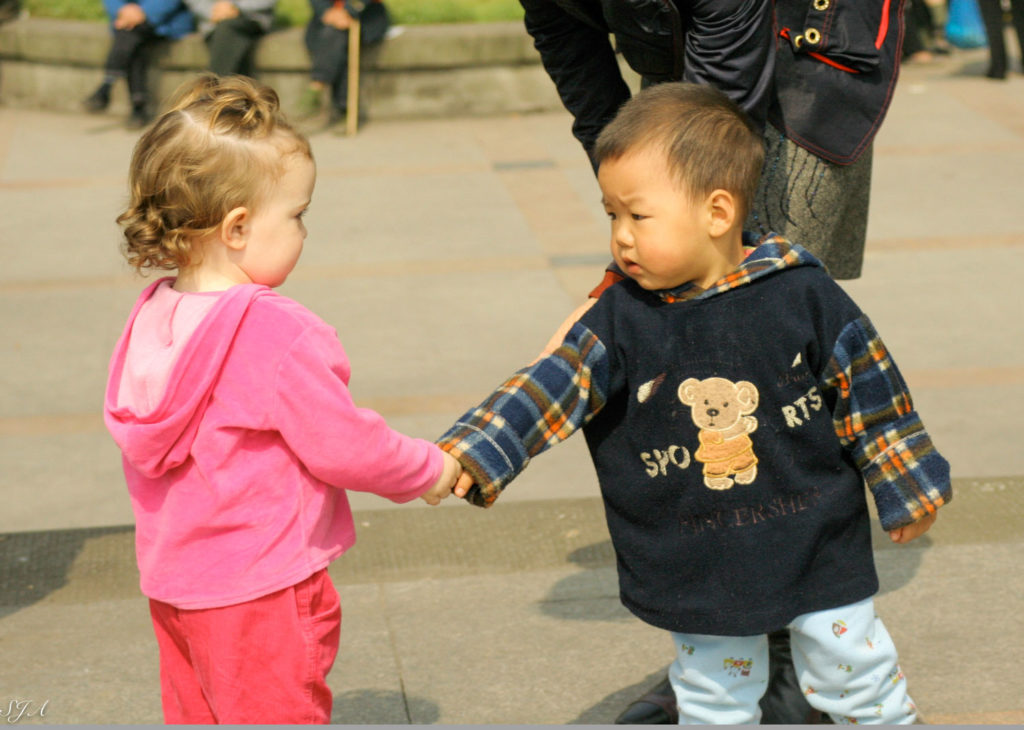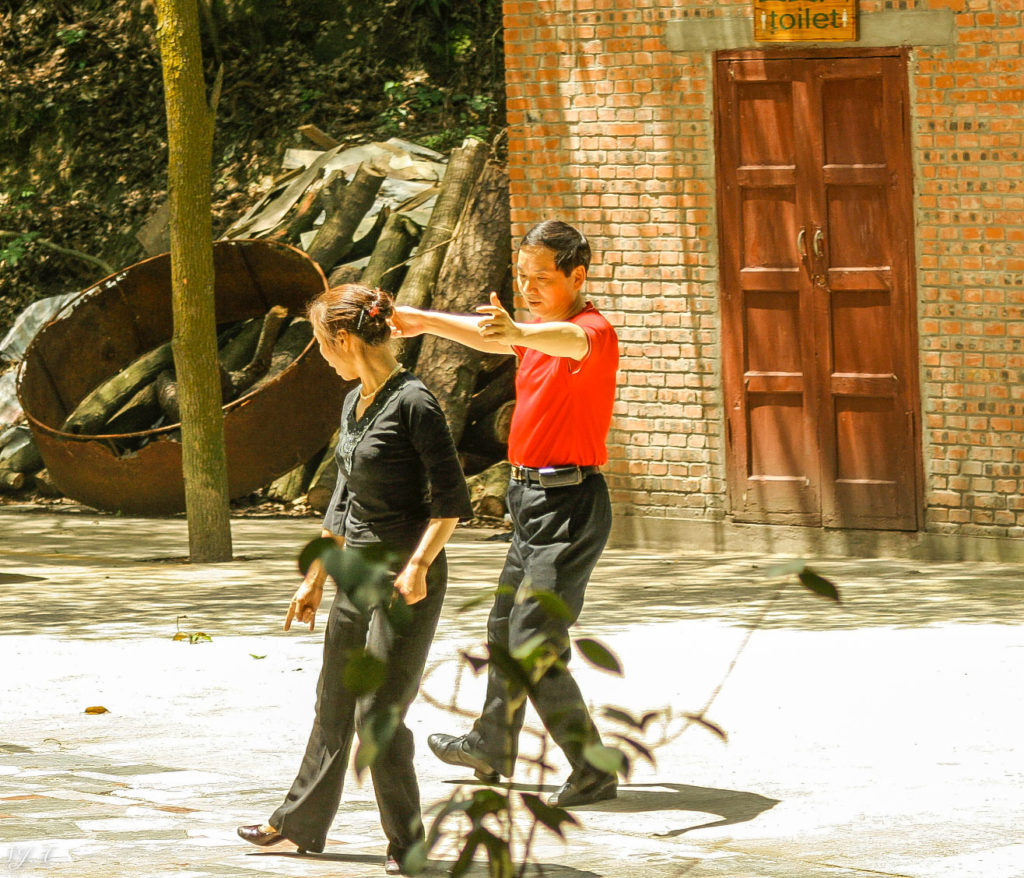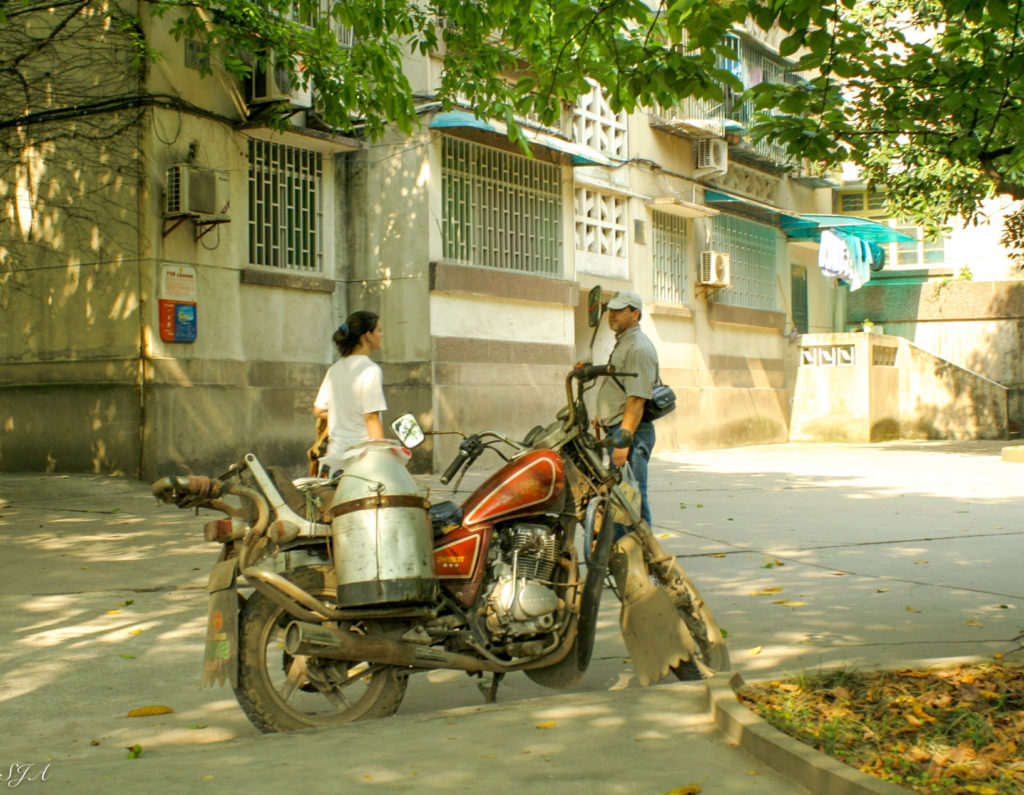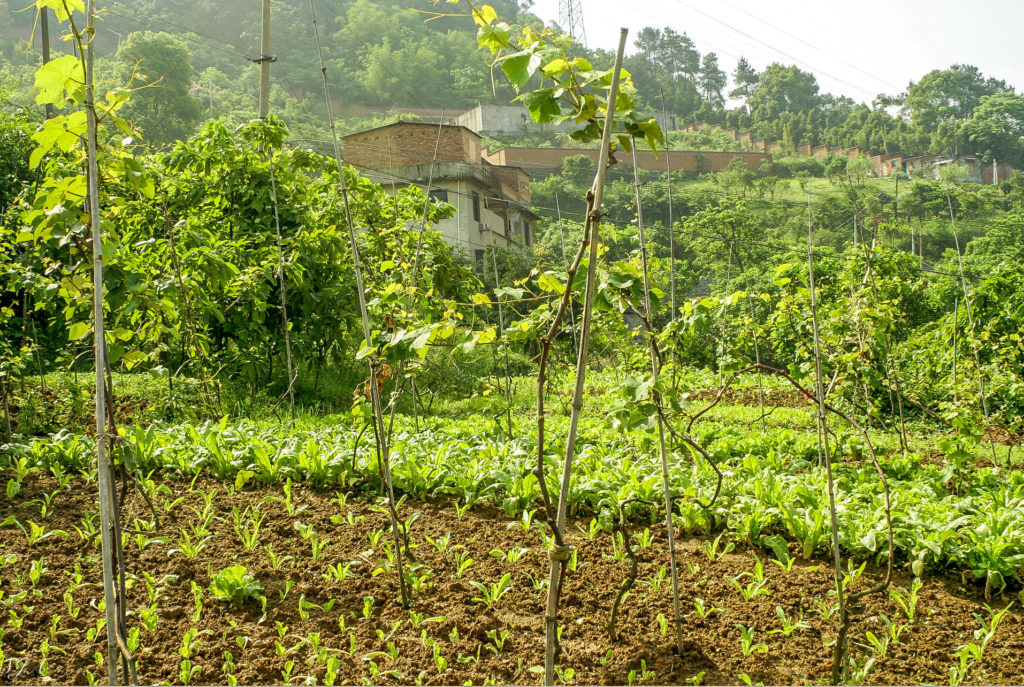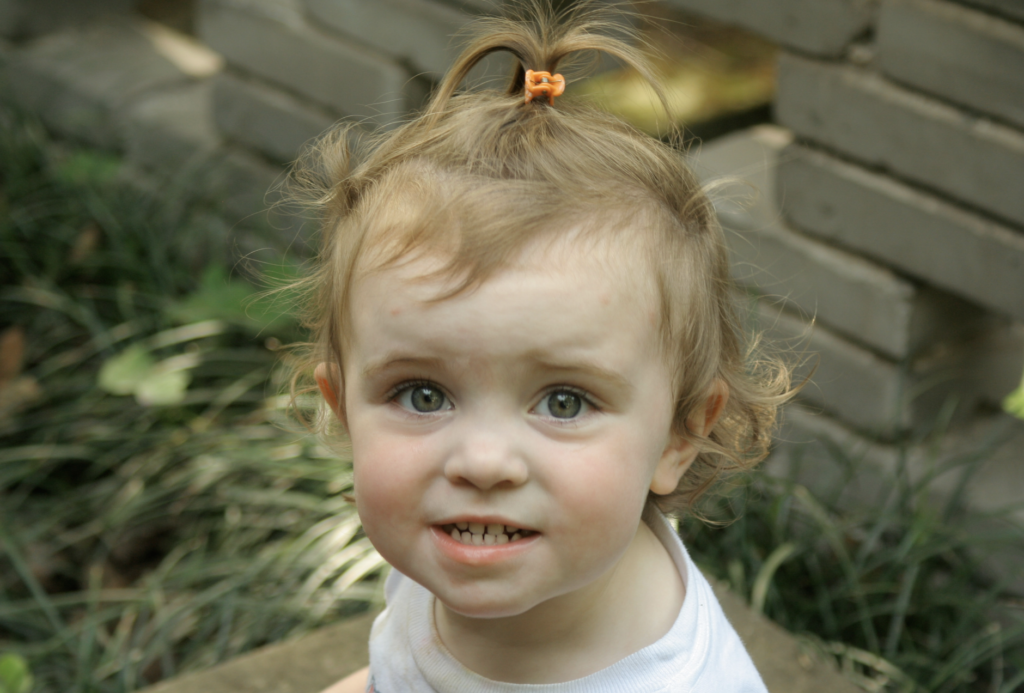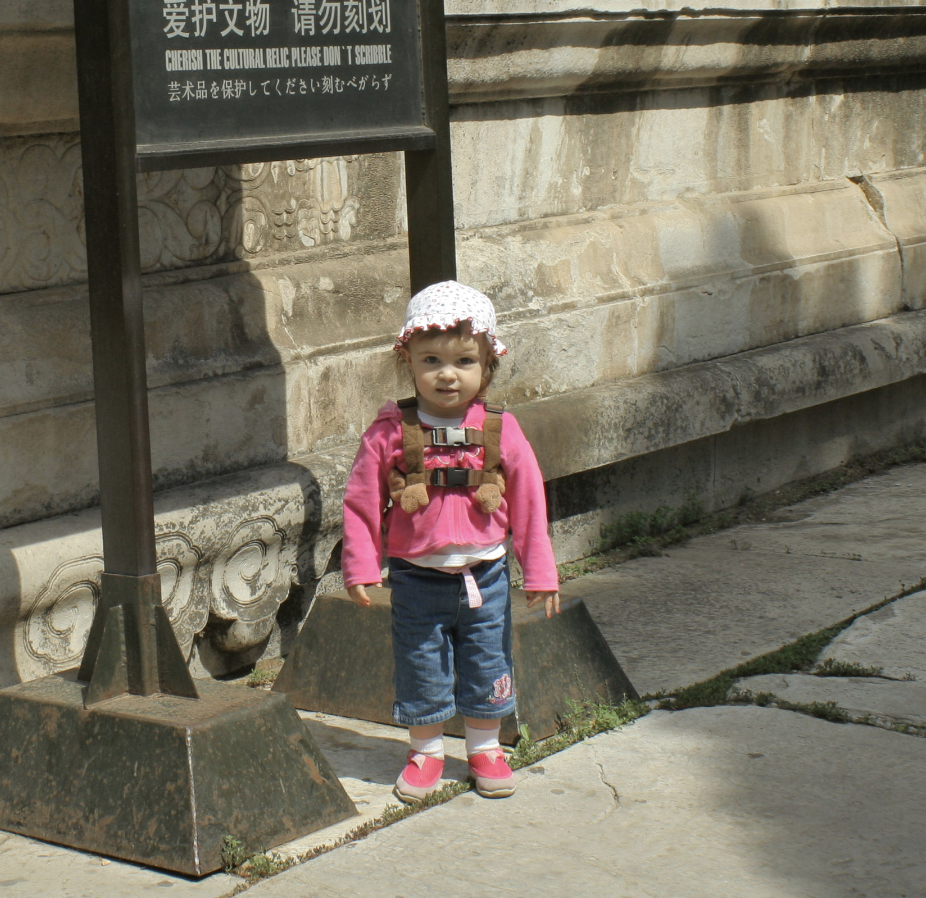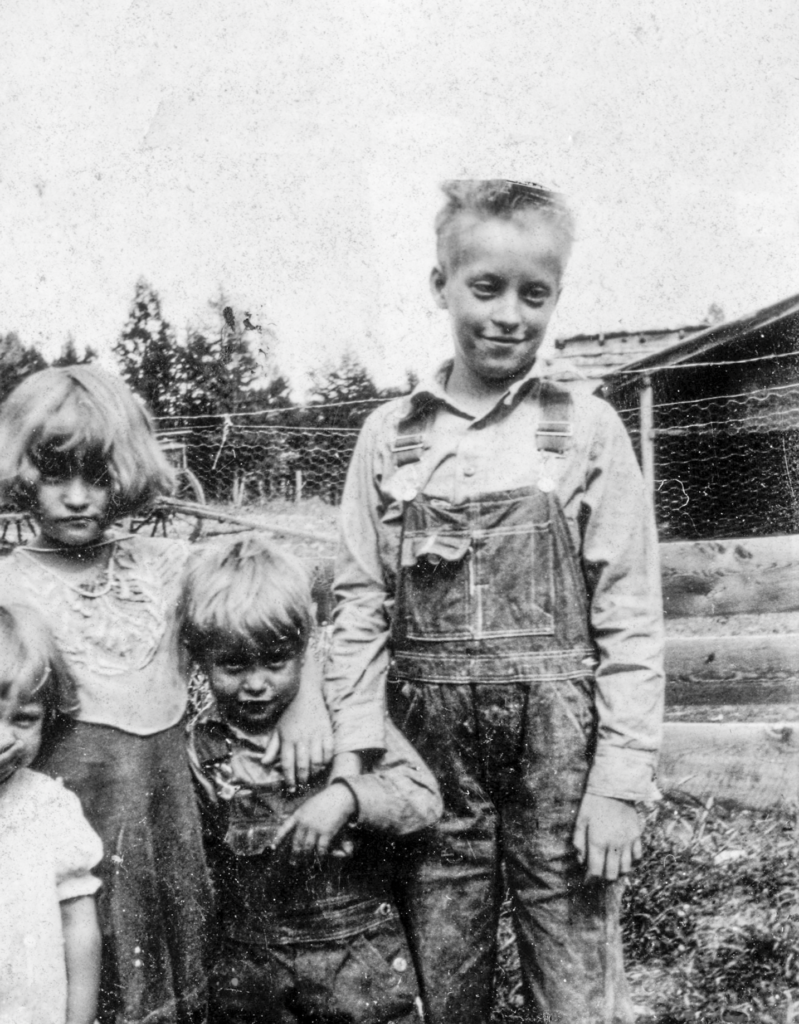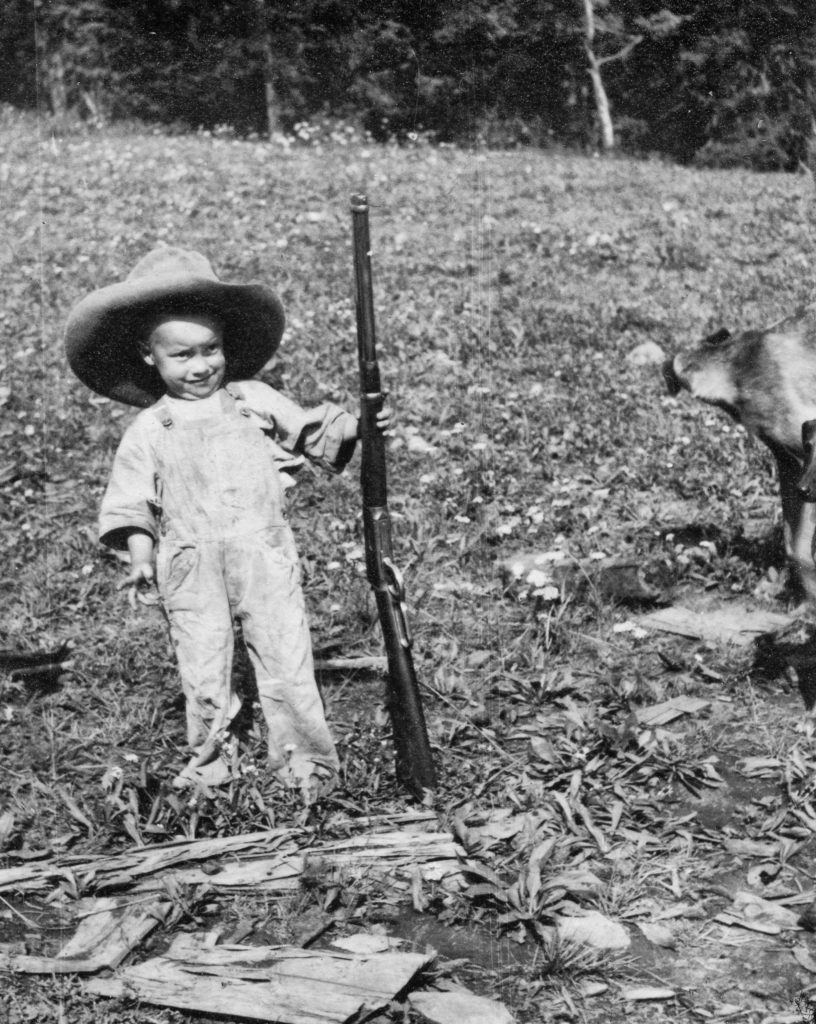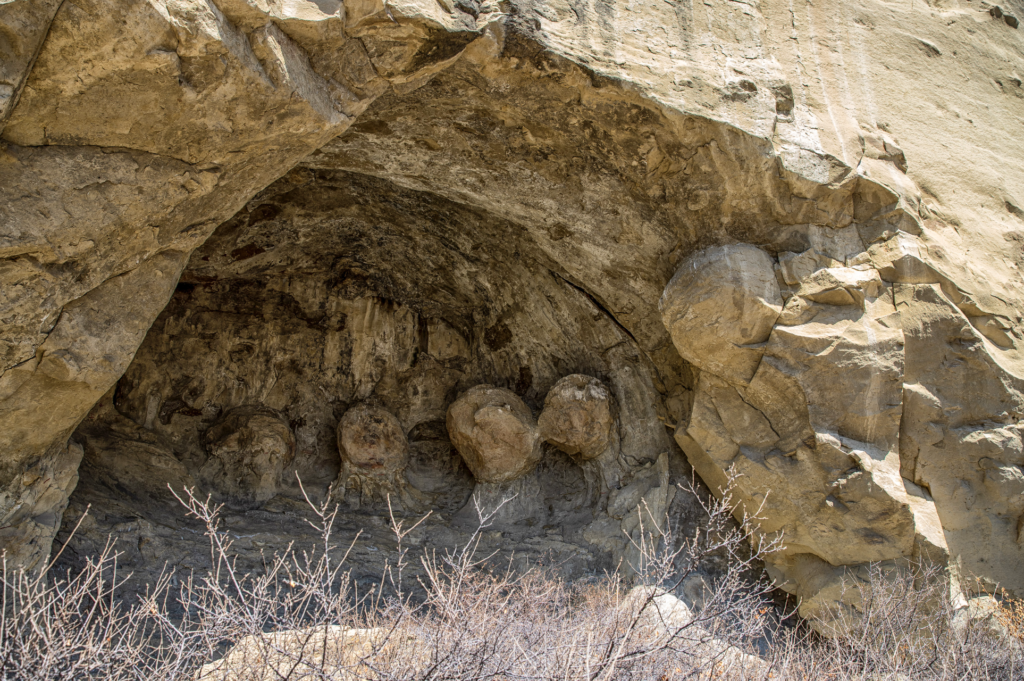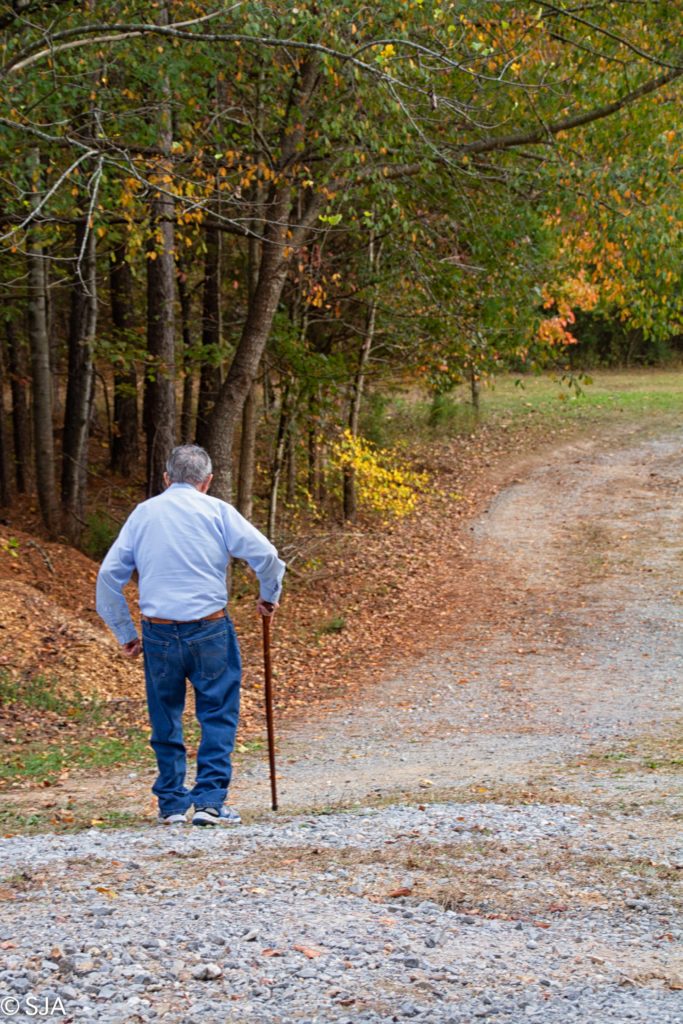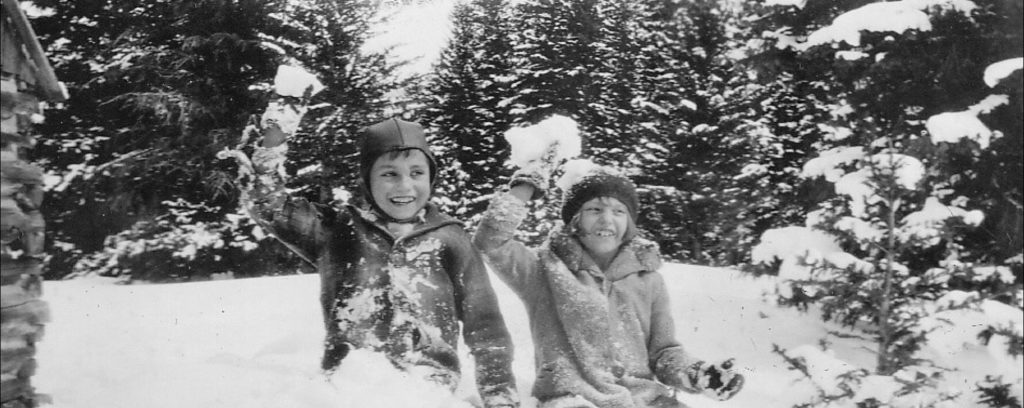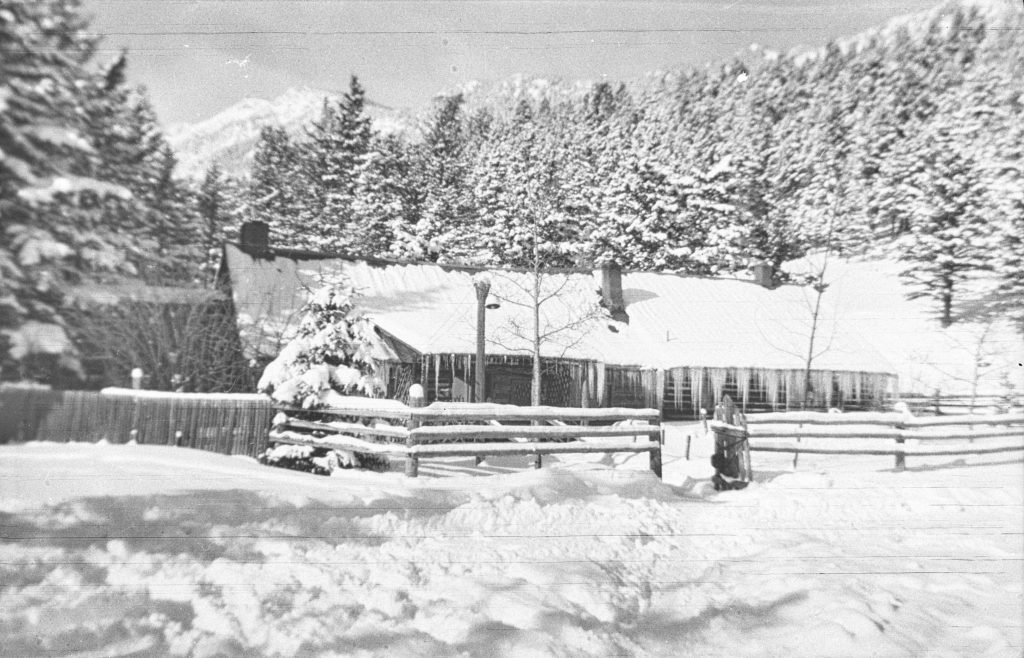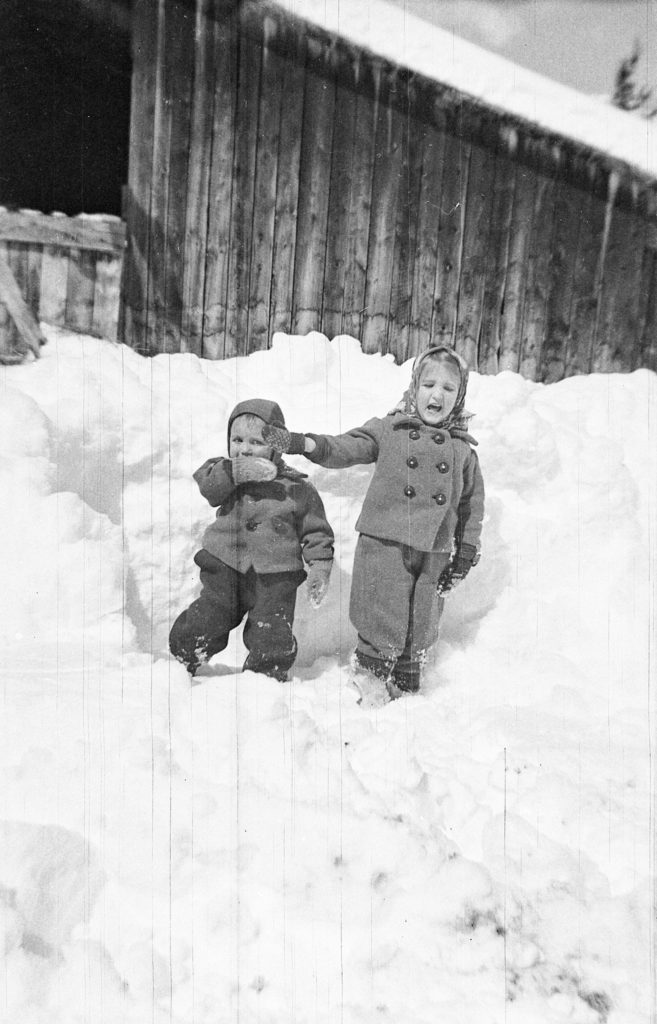A trip to China would not be complete without a visit to the silk shop and the teahouse. One of my missions was to purchase Chinese silk for a quilt. That required a trip into the downtown business area of Chongqing.
We met our friend at the Old Gate, took the bus to Nan Ping, walked to the cable car and took the flight over the Yangtze River. We saw tall apartment complexes with gardens on the rooftops. Our first stop was Chao Tian Nen, meaning “riverport shop”, where we purchased red Chinese lanterns. We proceeded to Jie Fang Bei, the downtown shopping area. A clock tower was the center of attention. At one time, it was the tallest building in Chongqing, but was quickly overshadowed as many downtown buildings rose to greater heights. There were many interesting little shops, one which had traditional clay teapots.


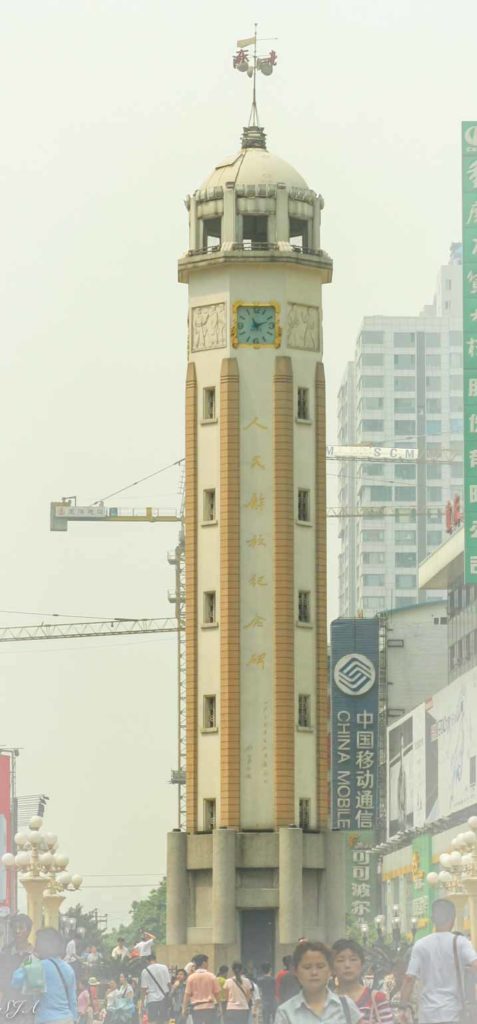
As we continued down the street we saw a logo that caught our attention. We followed the two-tailed mermaid who led us to Starbucks. It was like stepping onto an island in the midst of a different world. After having our drinks, we went upstairs and went through a doorway into a store that looked much like an American mall. It was a stark contrast from the little side shops and vendors just outside the front door. To my surprise there was another familiar sight, golden arches. It was decided that we would go to McDonald’s to get hamburgers for lunch. A crowd of others had seen the golden arches, too, for the lobby was crowded. While standing in line with people cutting in front of us and pushing, a sweet looking lady coughed up a wad and spit on the floor. Such a public display was not an uncommon sight and was completely and culturally acceptable. I was sure to watch where I stepped. For some reason I wasn’t quite as hungry, and after our expensive “burgers”, I wasn’t sure what I ate was even beef. I thought I heard an elderly small lady say, “Where’s the beef?” But it could have just been my imagination.
There was one thing in McDonald’s I really appreciated – the restroom. While there were the traditional Chinese squat toilets, there were also “western” flush toilets to which I am accustomed. I knew how to use a squat toilet. After all, I had experience backpacking and camping, so I was very familiar with the process. The little kids wear split pants that allow them to squat without having to pull down their clothes. That makes potty training easier. I made several pair of split pants for our little one.
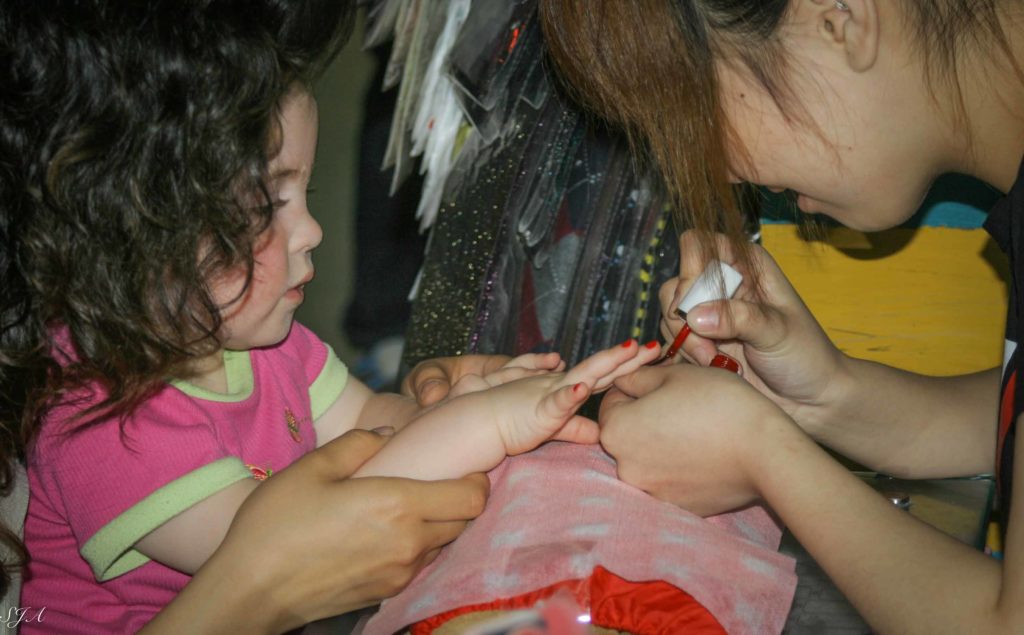
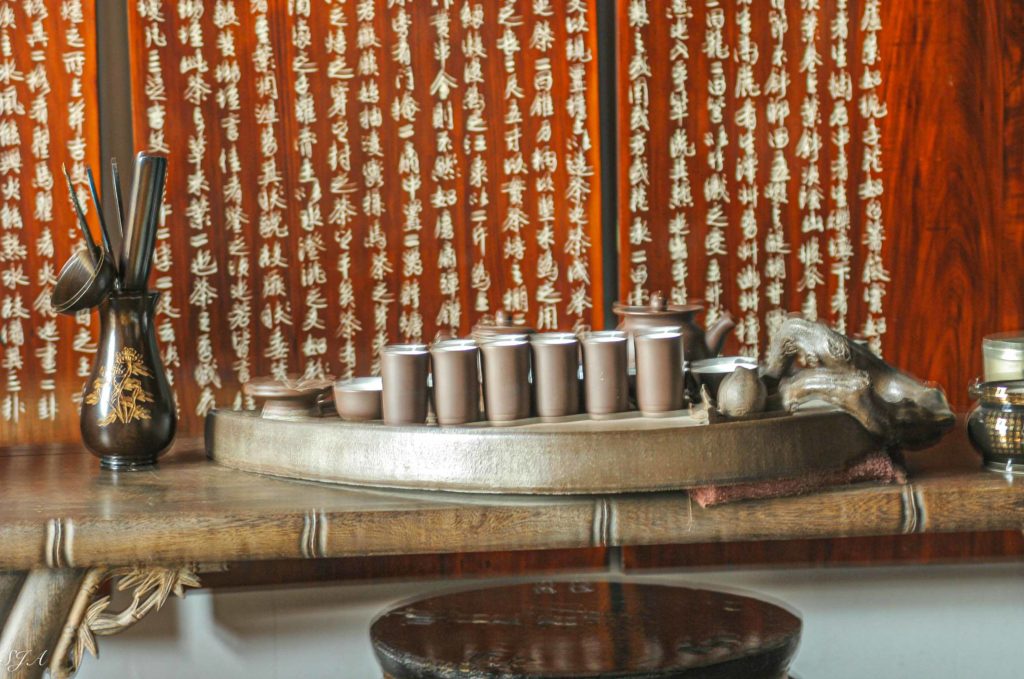
We moved on from there to a marketplace where our Chinese friend led us girls to a manicurist booth where we got our nails trimmed and polished, for $2.40 US dollars each. Our next stop was the silk fabric shop. Oh my! How could I ever choose? Through the years I had watched my mother in fabric shops where she had to touch every piece of fabric as she passed bolt after bolt. That was me! It took some time to make my selections of the soft silk fabric. I chose a reversable thick red fabric and a piece with a black background, both of which had oriental designs that incorporated the history of China. Another red piece was of cherry blossoms which symbolize new beginnings and the circle of life. Red is also significant in that it represents prosperity, happiness, and success. A couple of fabrics I purchased depicted the Silk Road, a network of Eurasian trade routes used for centuries. One piece of silk was of ancient buildings with the Xieshan roof styles and soldiers on the march.
Legend has it that around 2696 BC, as the Yellow Emperor’s wife was having tea in the imperial gardens, a cocoon fell from a mulberry tree into her tea and unraveled. She noticed that it was a long, strong, soft strand. She combined silk fibers into a thread and created a loom to weave the silk into fabric. It has played an important role in their culture and economy for thousands of years. Somehow, I wanted to portray that culture and history into my silk China quilt.
The shopping process was exhausting but pleasantly so. One thing could take care of that – a visit to the teahouse. The name of the teahouse was Shi Bao Ti, meaning “Eighteen Steps”, though I didn’t count them. It was a great place to while away the afternoon and relax. They take their tea seriously. Not only do Chinese people drink tea with their meals, but also for medicinal purposes, for enjoyment and fellowship, to promote friendship, and to soothe the soul. As we drank from out little cups, it brought back many memories of time spent with my grandmother who loved to share a cup of tea with friends and family, and even snotty nosed little grandkids.
Traditionally, tea ceremonies are performed at weddings, family gatherings, and places like teahouses. Serving tea is a way for the younger generations to show respect for their elders. At the teahouse, we were served green tea and flower tea.
Though we didn’t have a silkworm cocoon fall into our tea, the combination of the silk and tea on the same afternoon somehow made the day complete. We were truly able to share two vital pieces of their culture that has survived for thousands of years.
Sometimes I drink tea poured from my Chinese clay teapot and remember our trip with fondness. That along with the silk quilt I made with fabric from a little silk shop in China are reminders of an ancient culture that still thrives in Asia – a rich history steeped in the tradition and culture of tea and silk.
